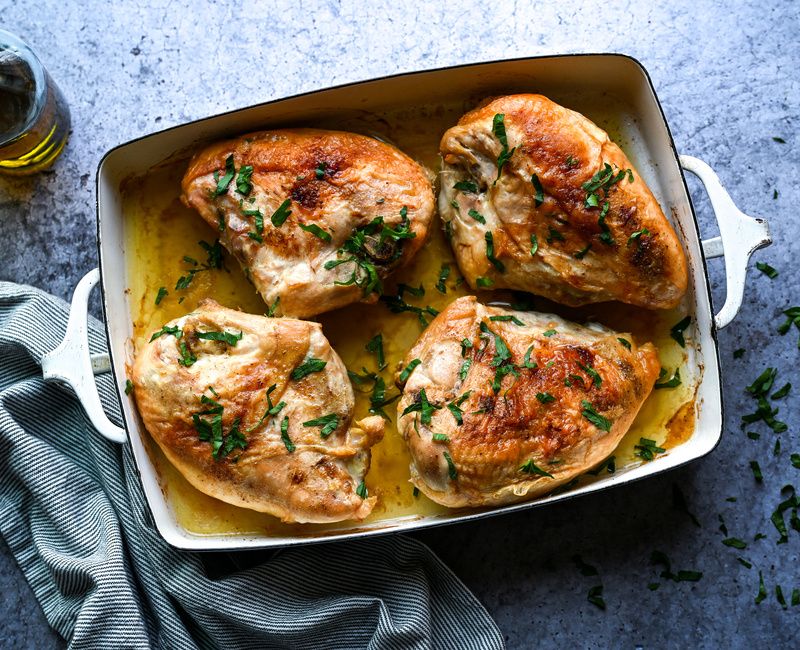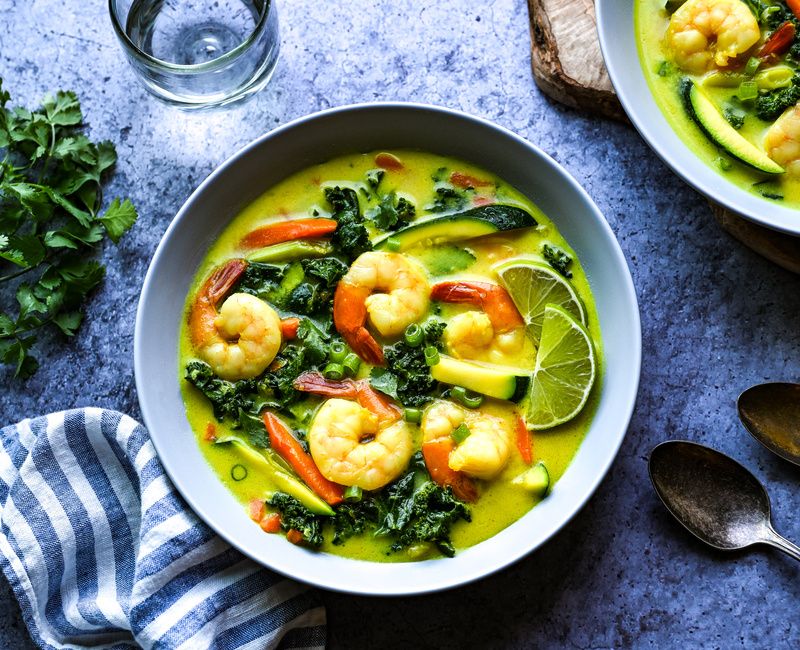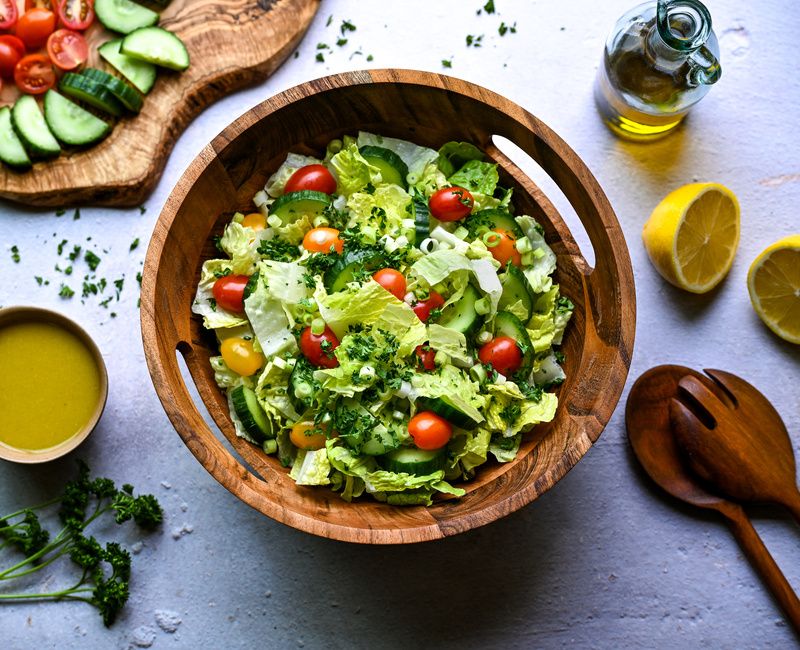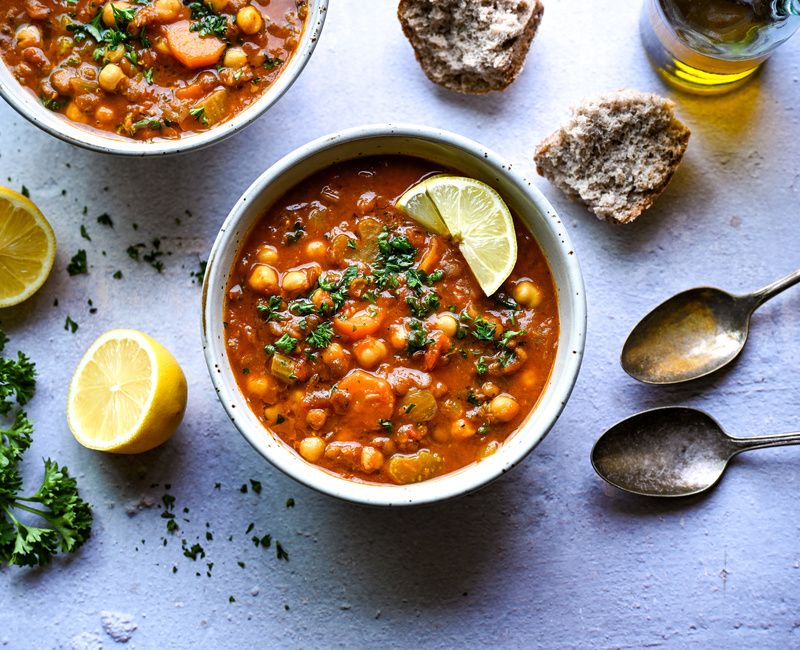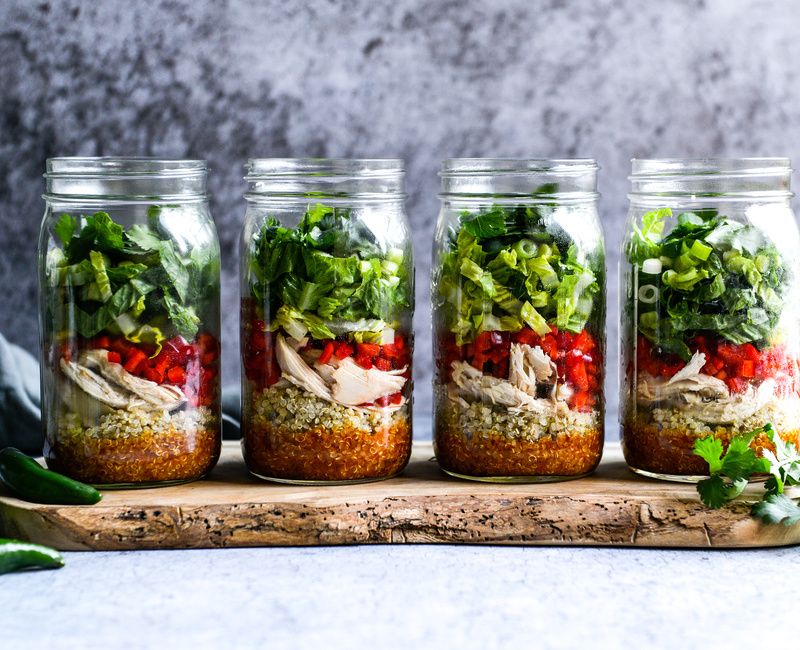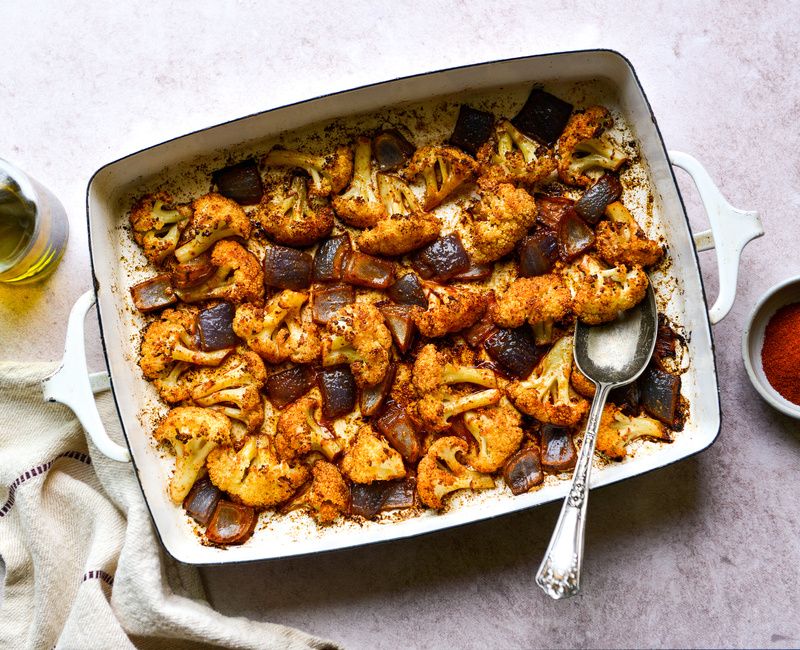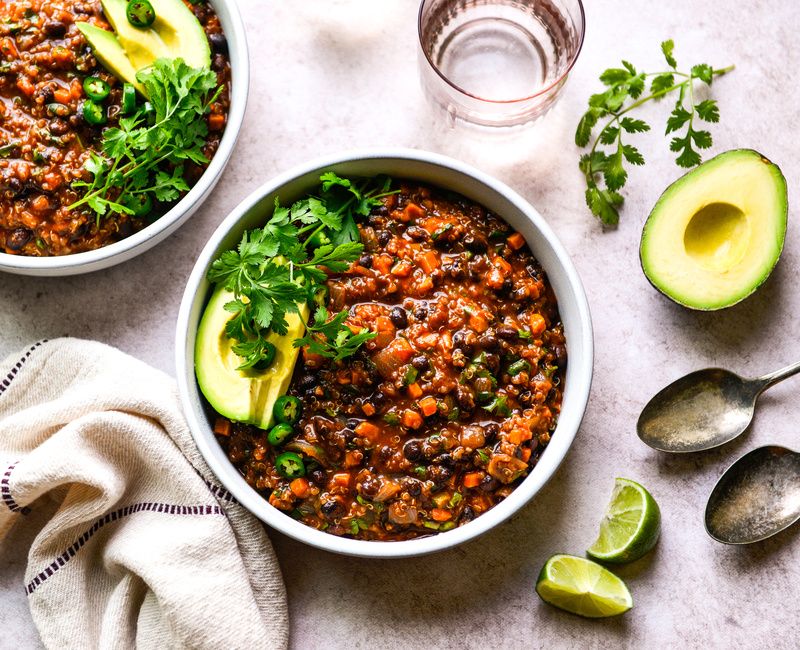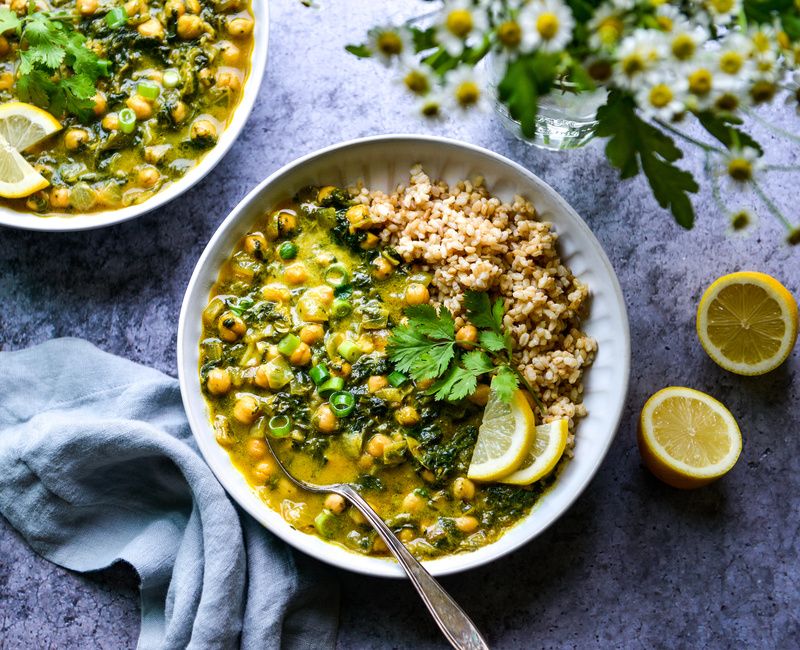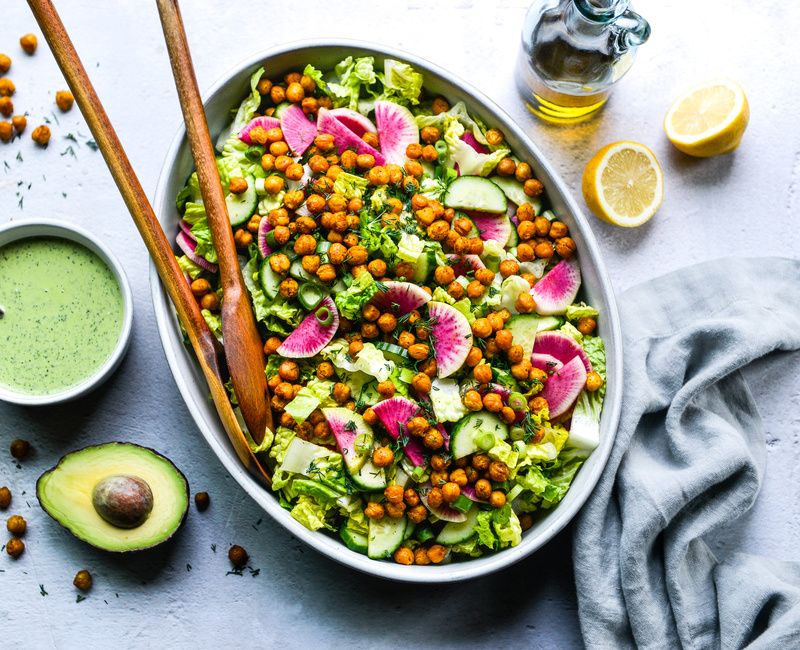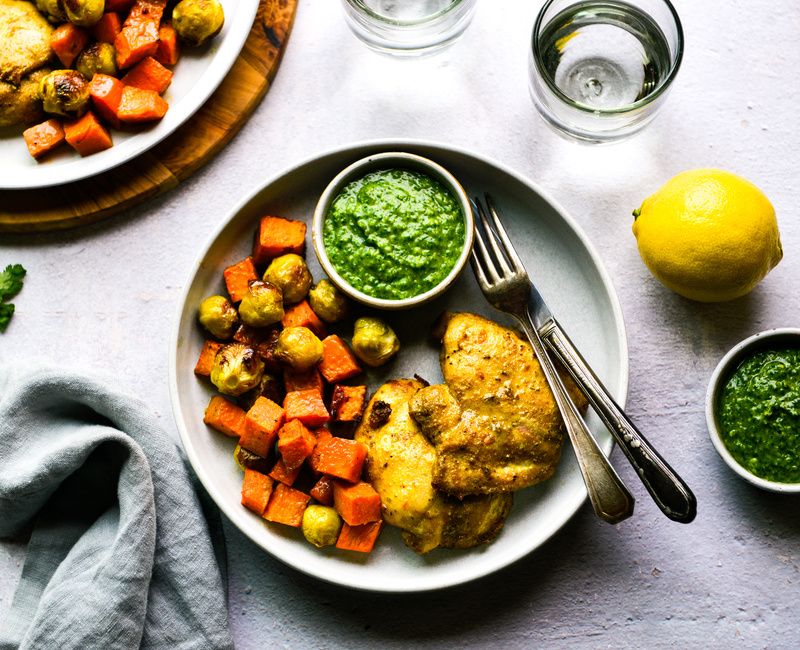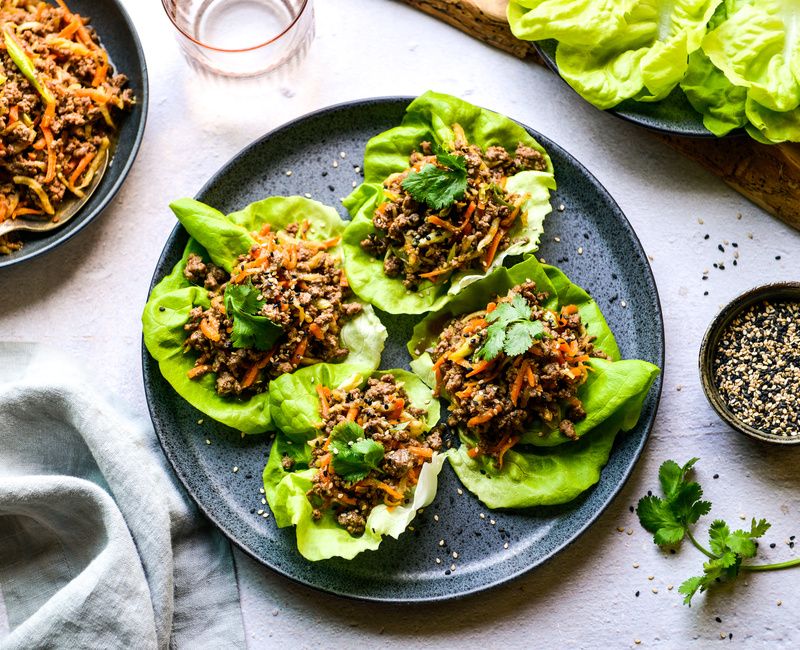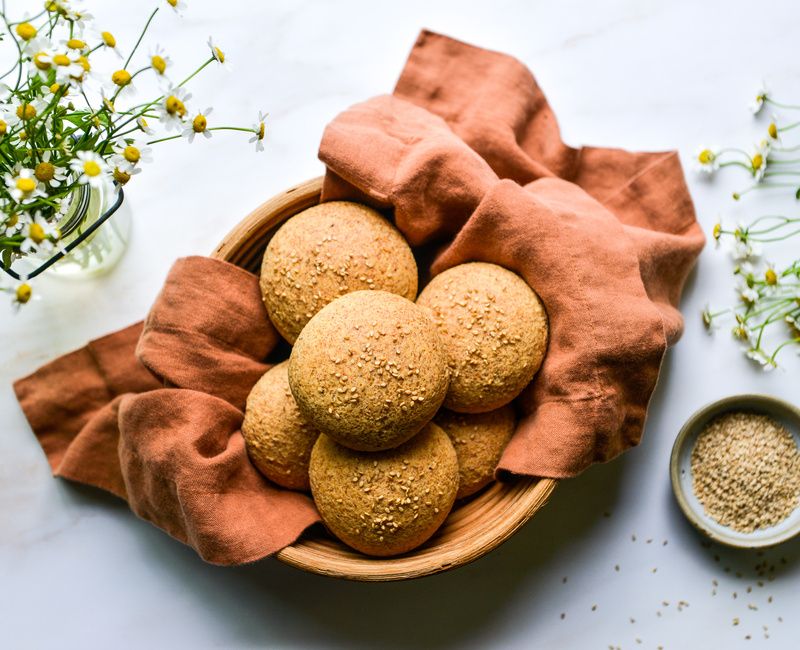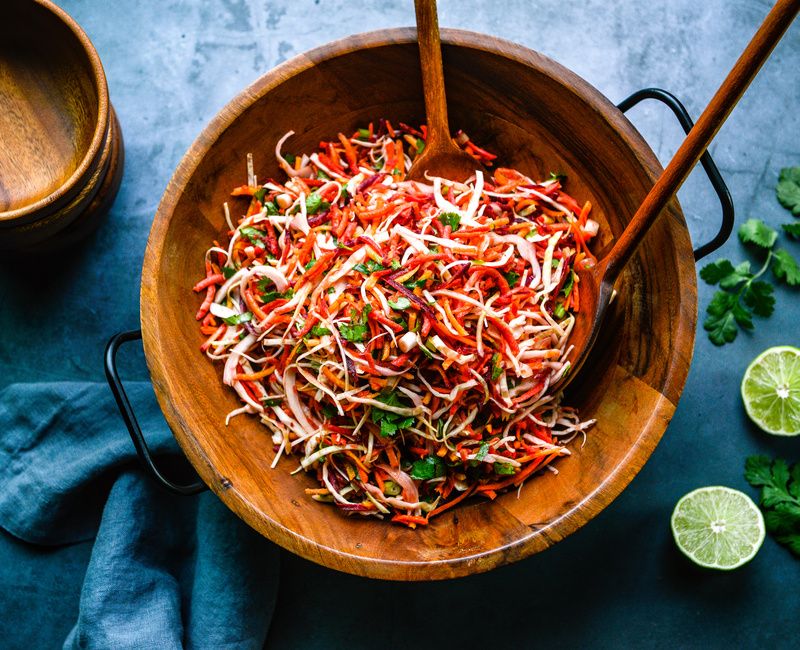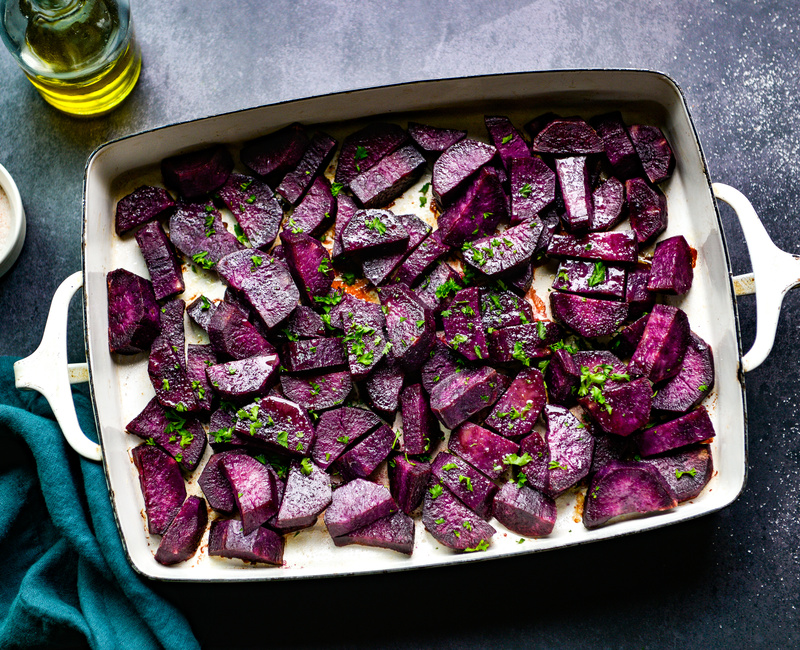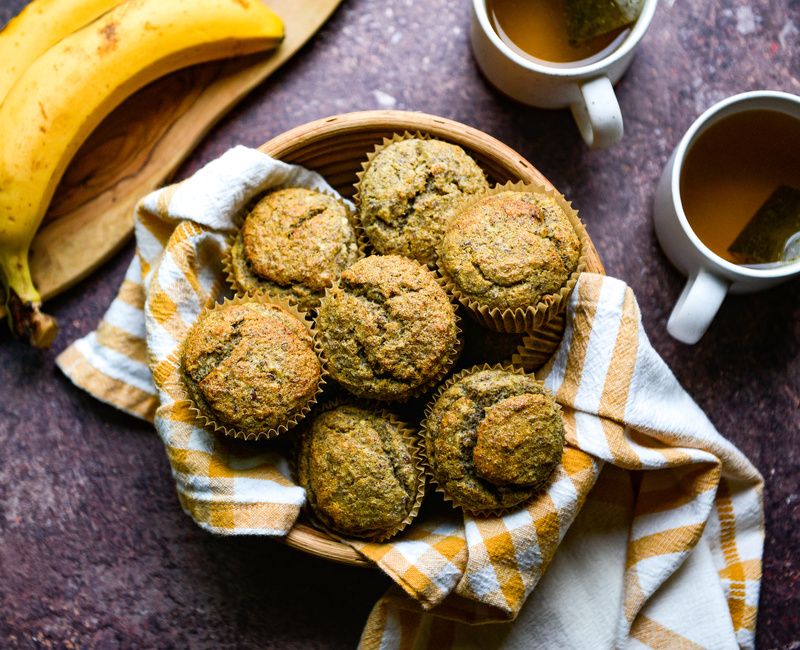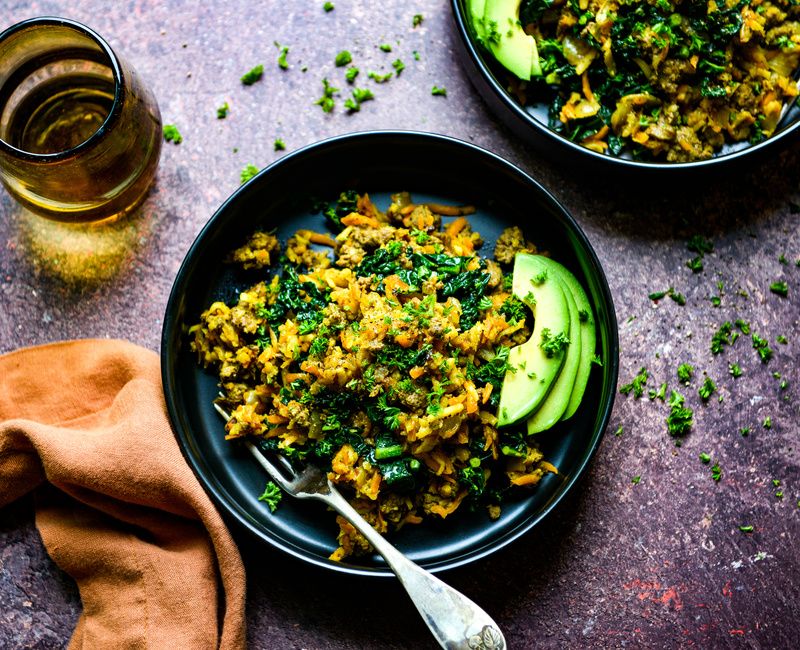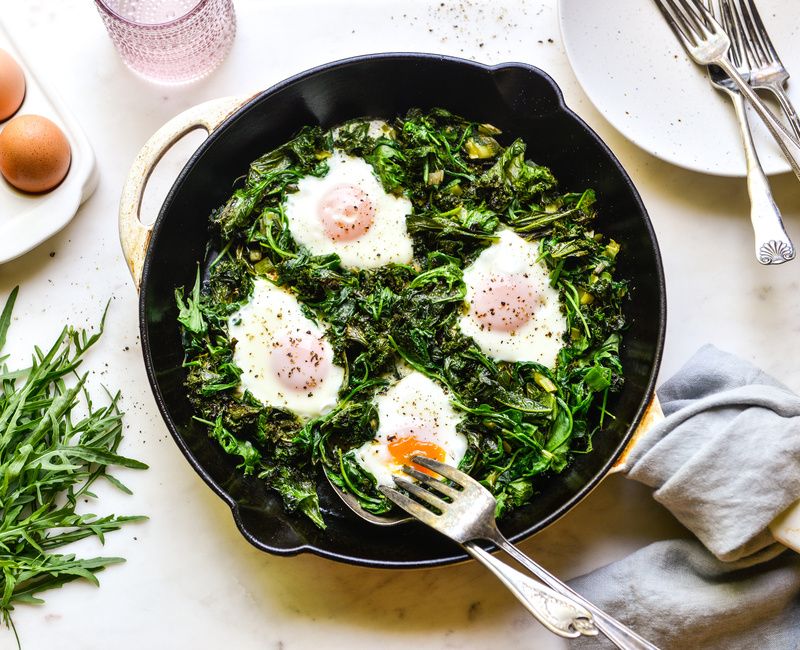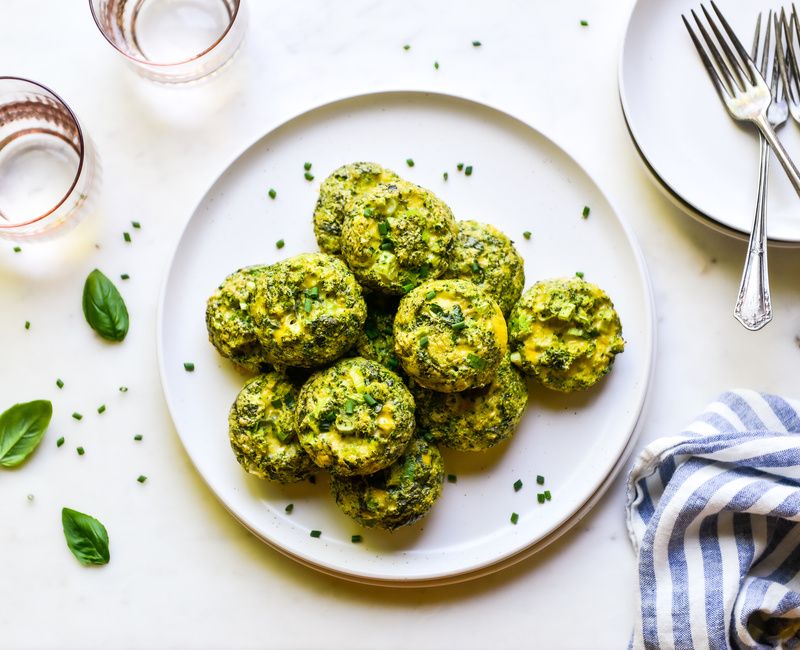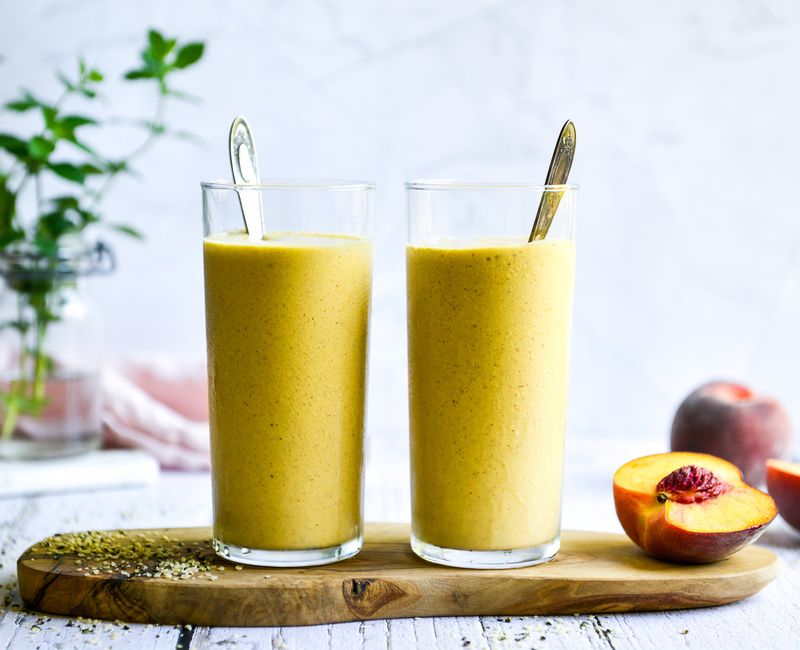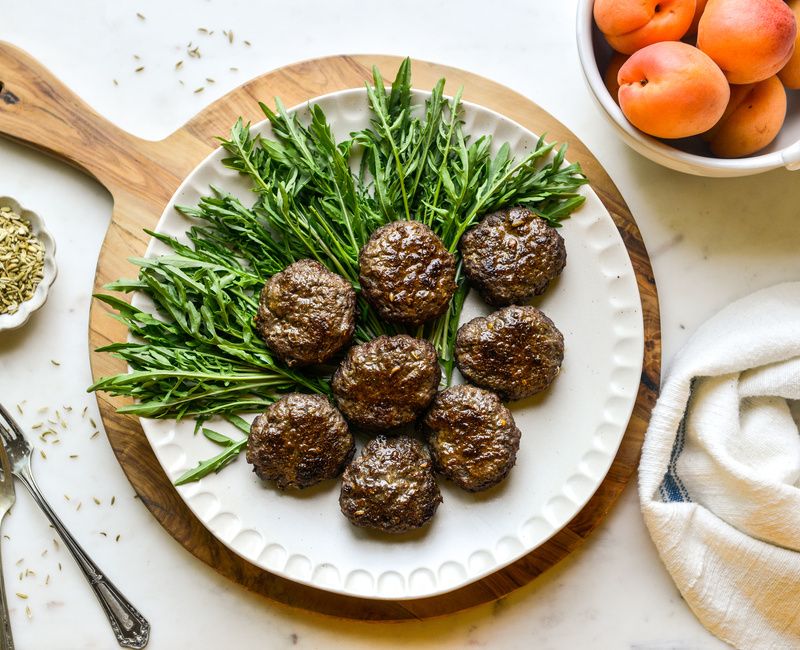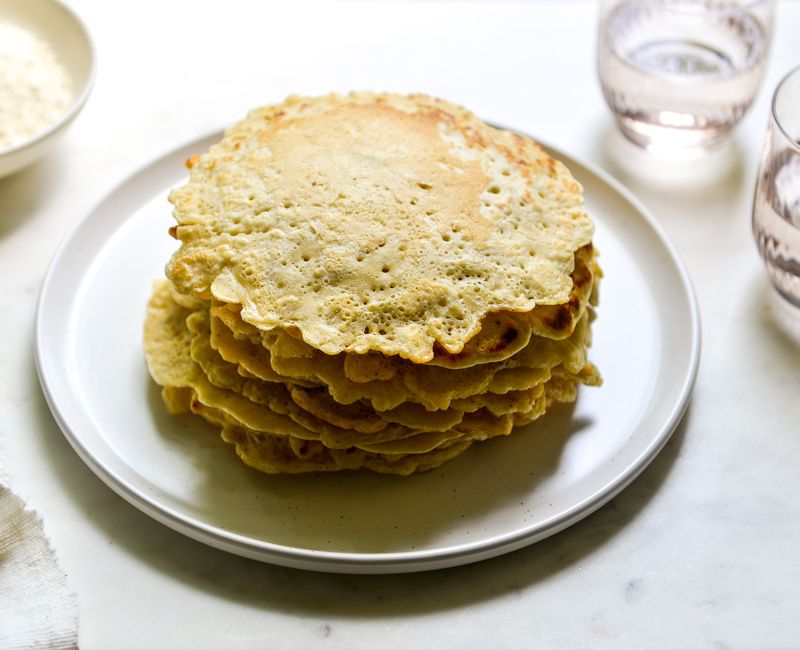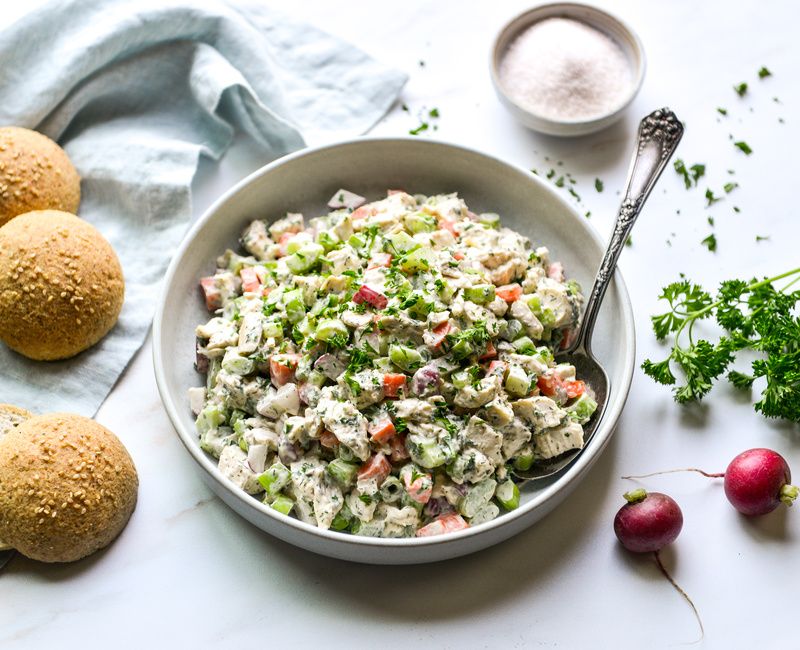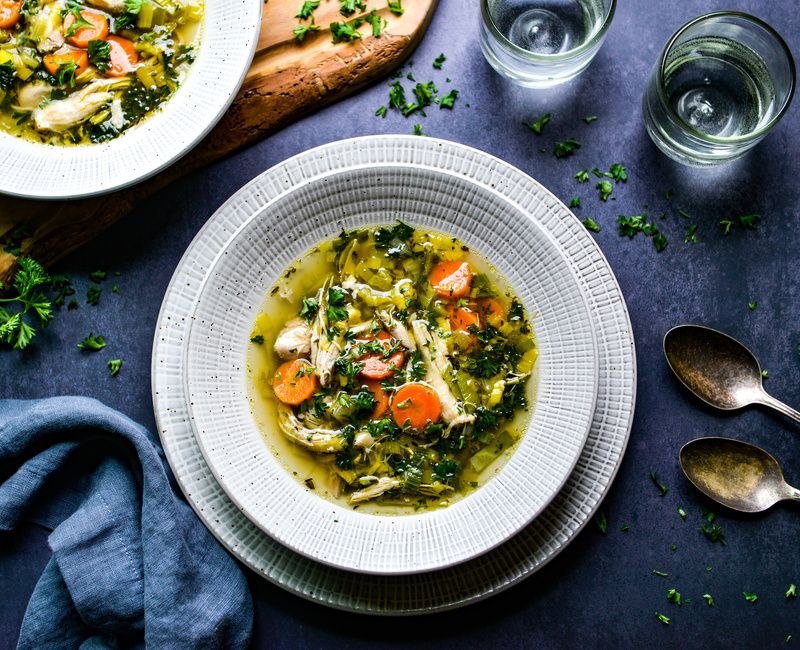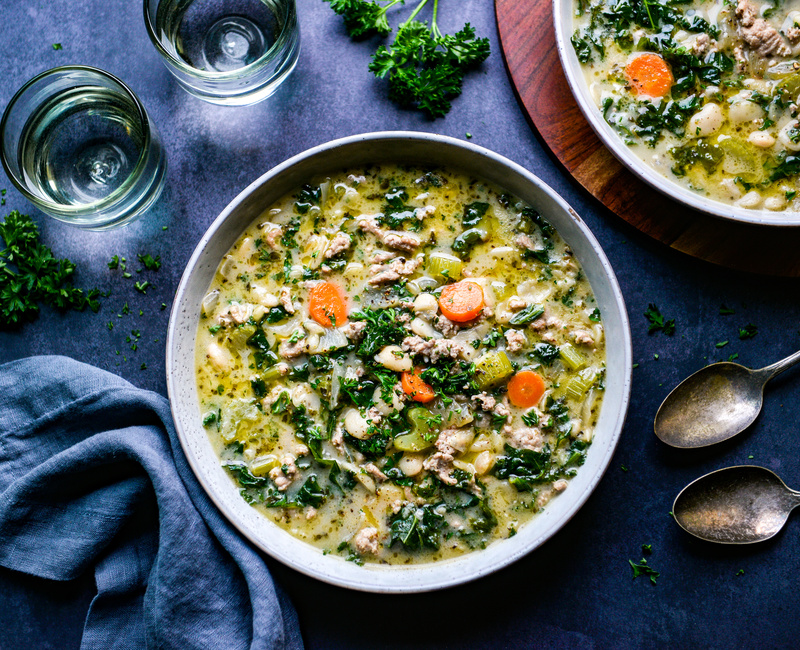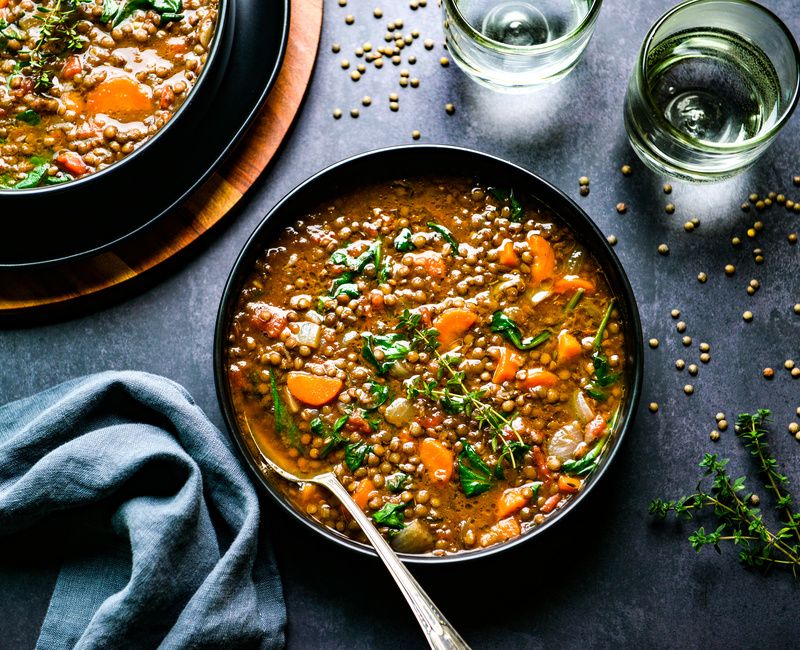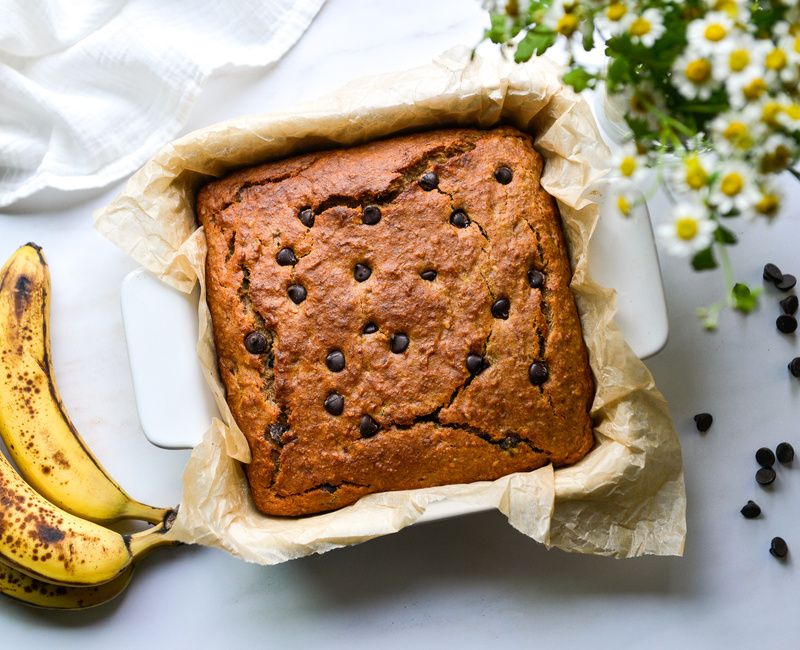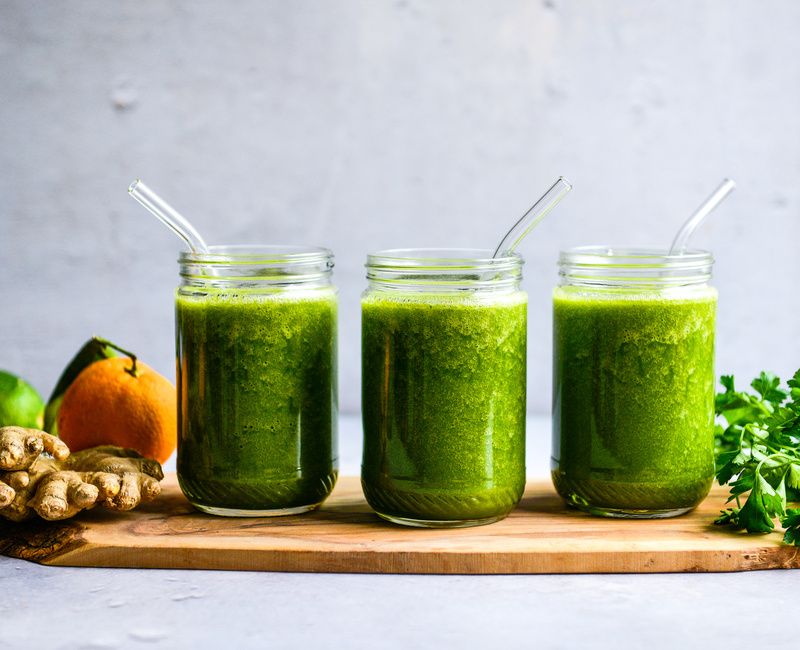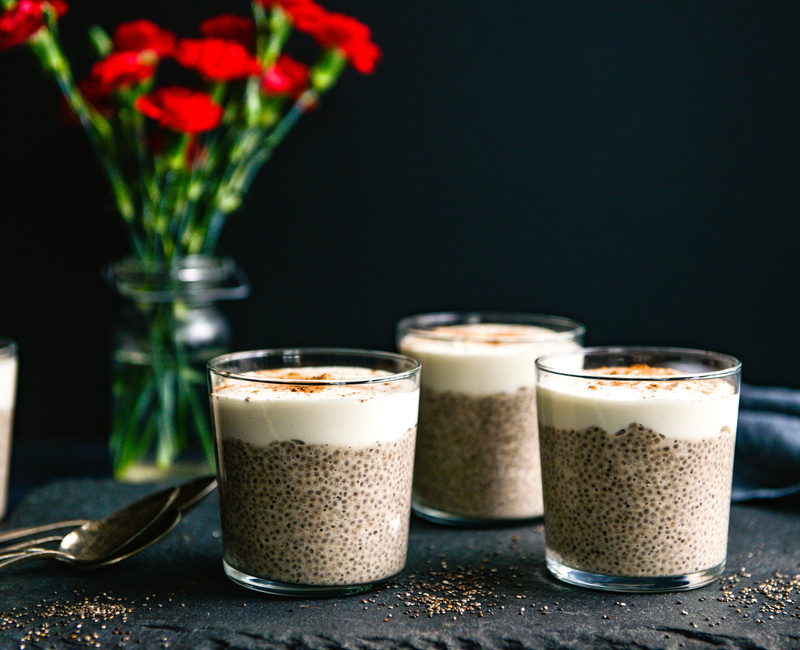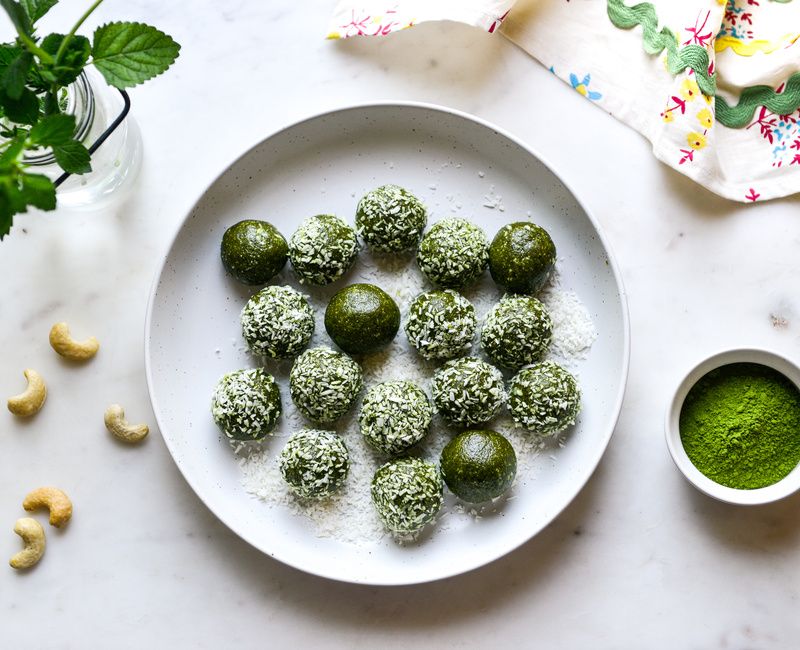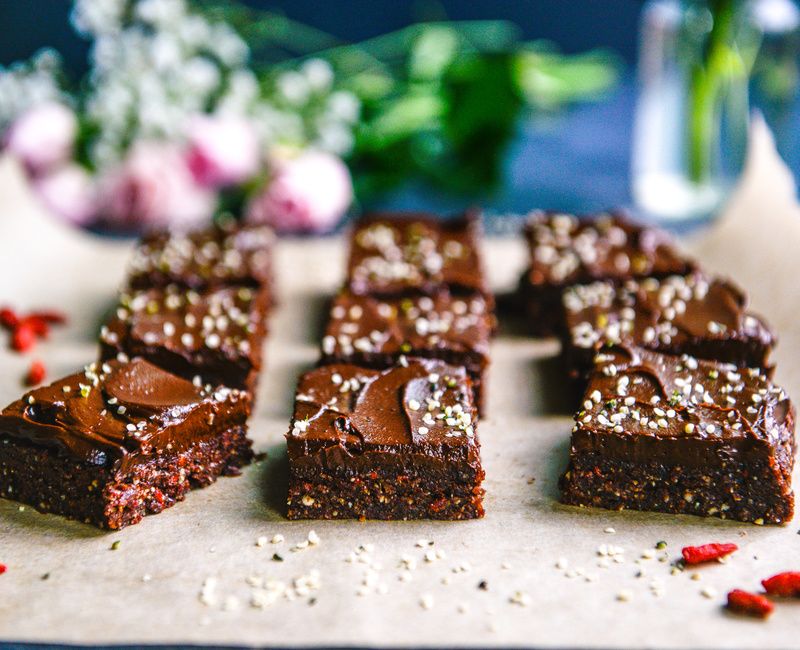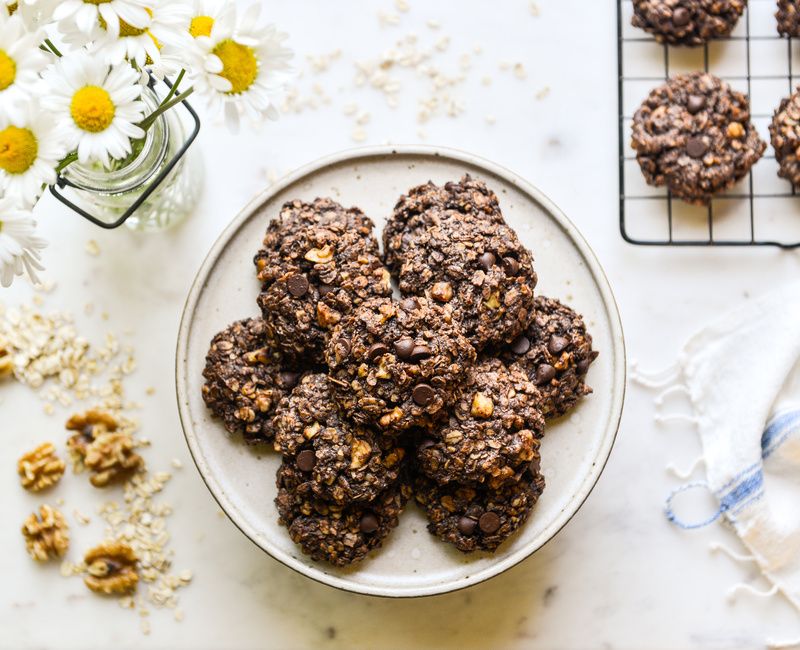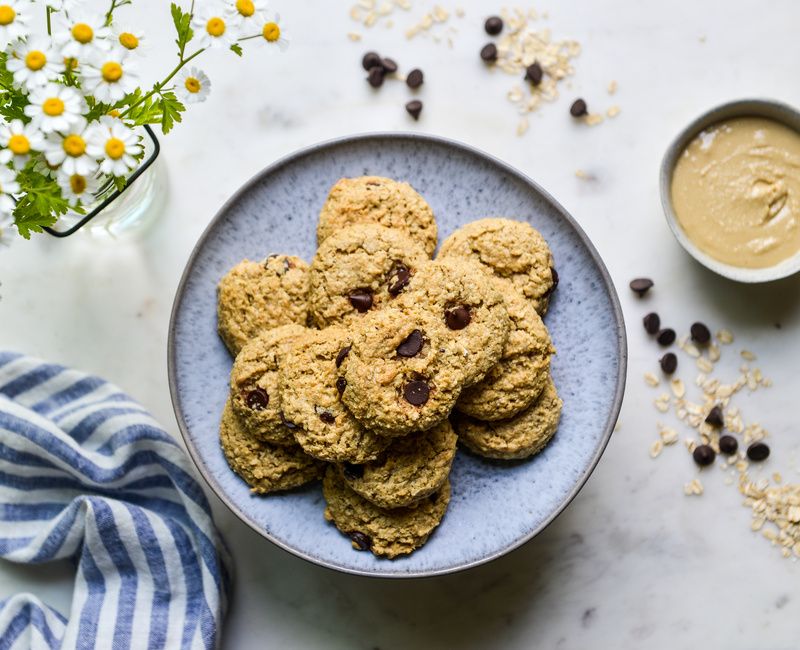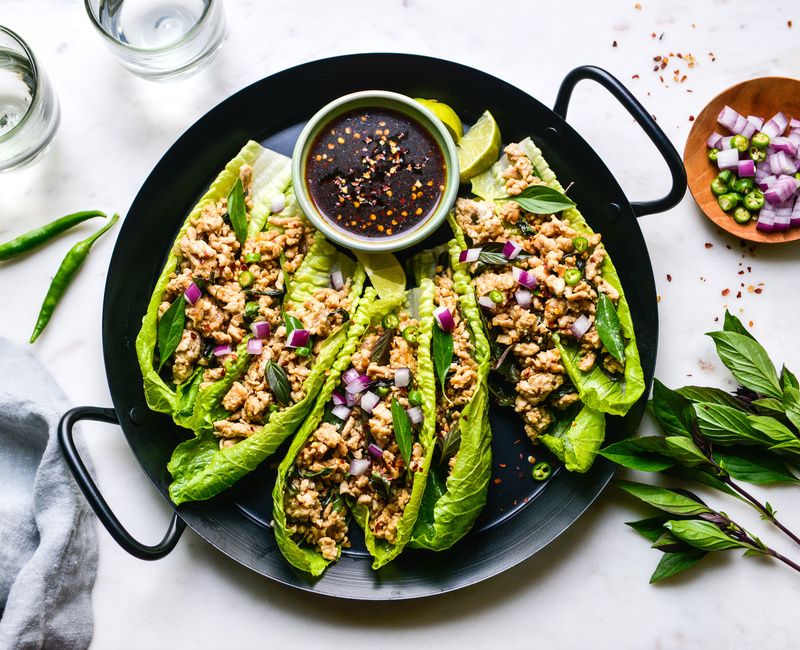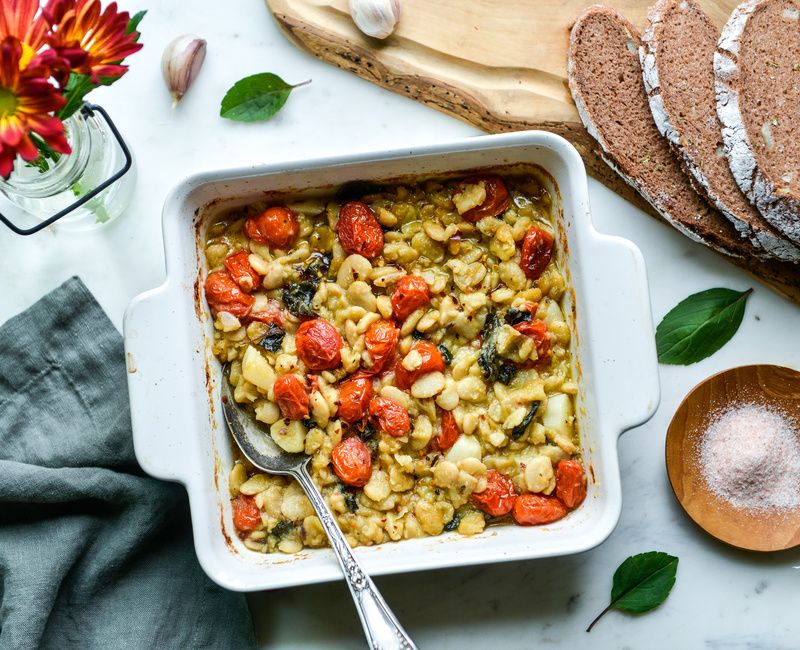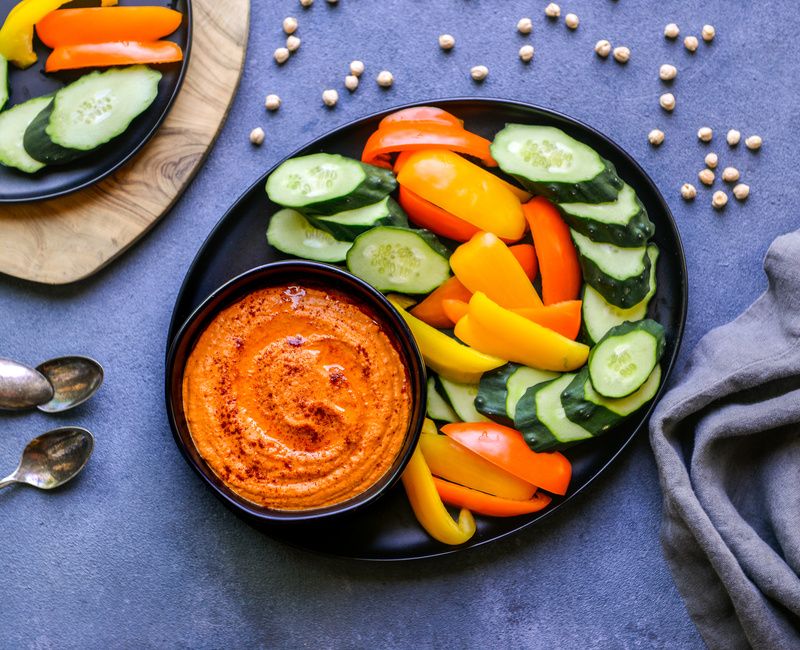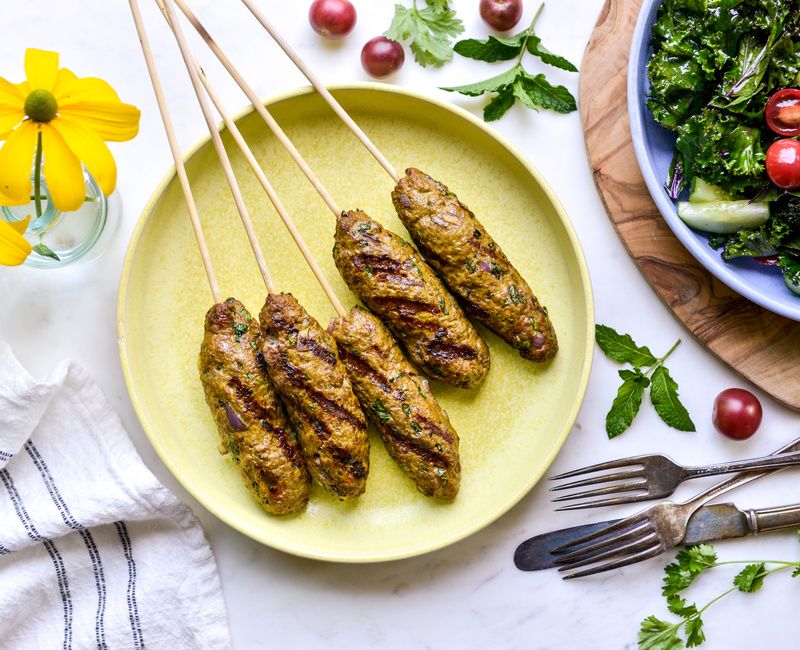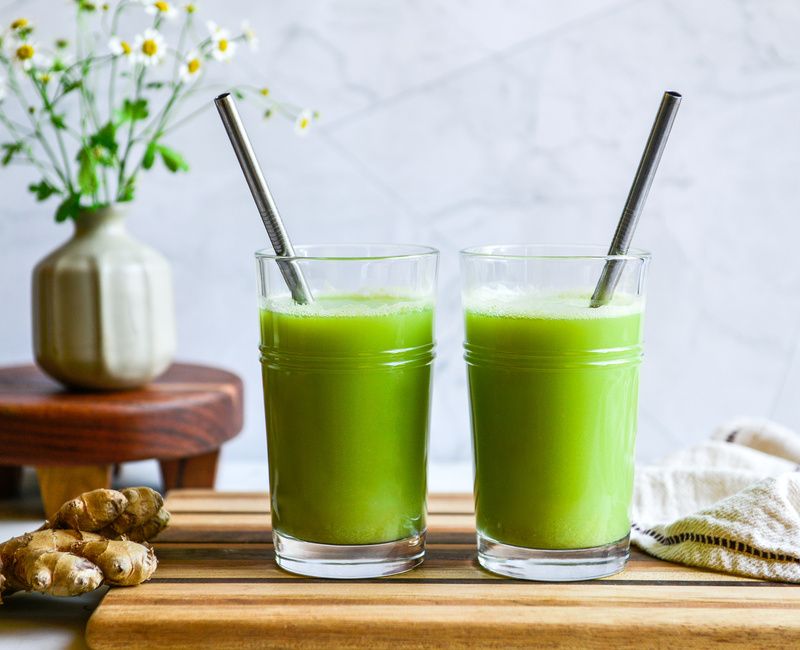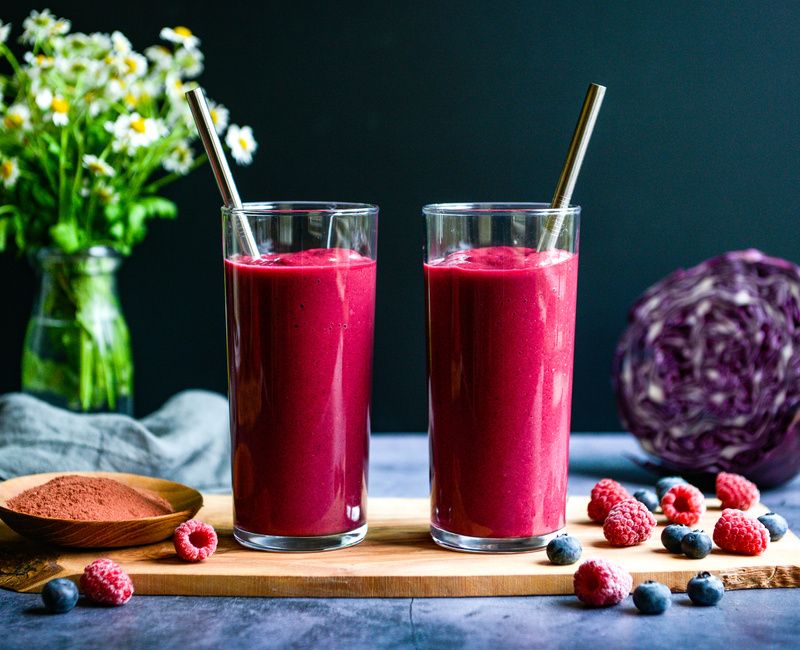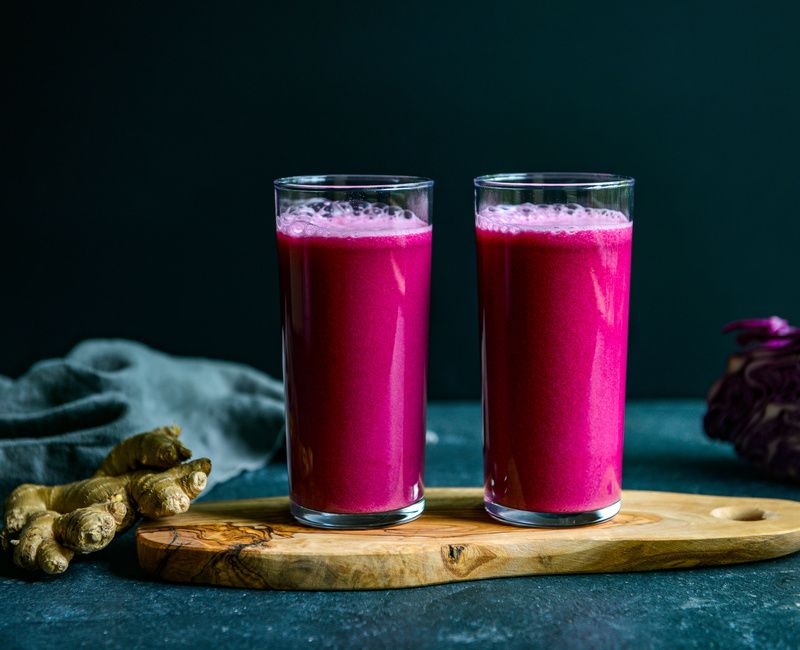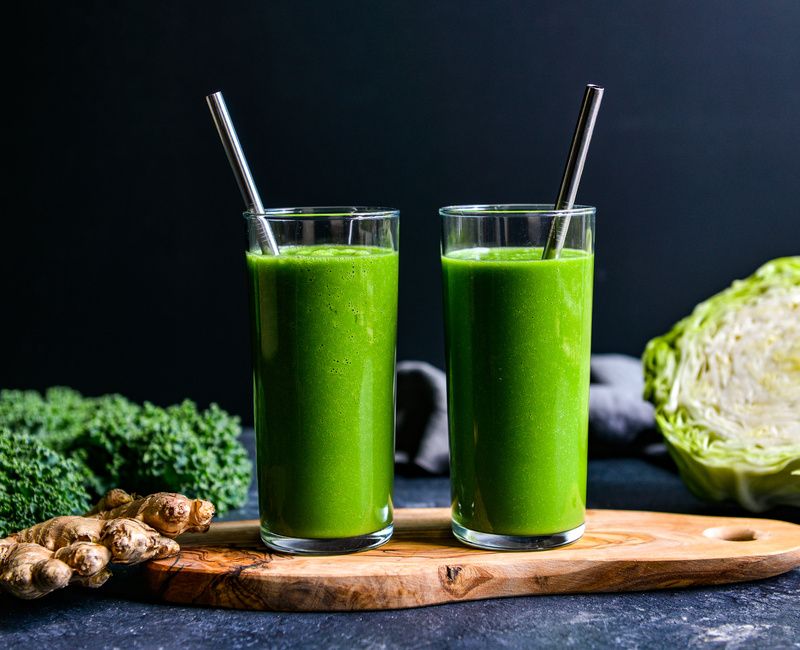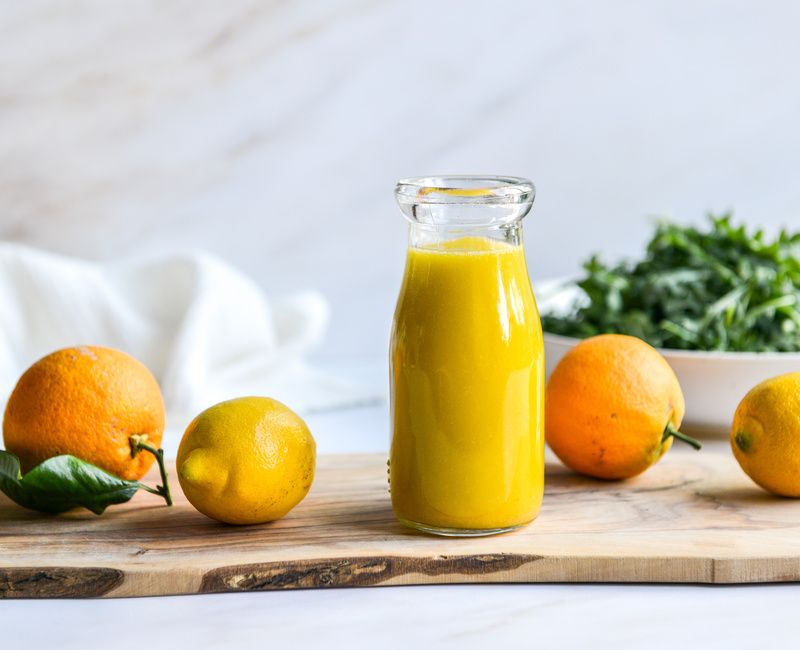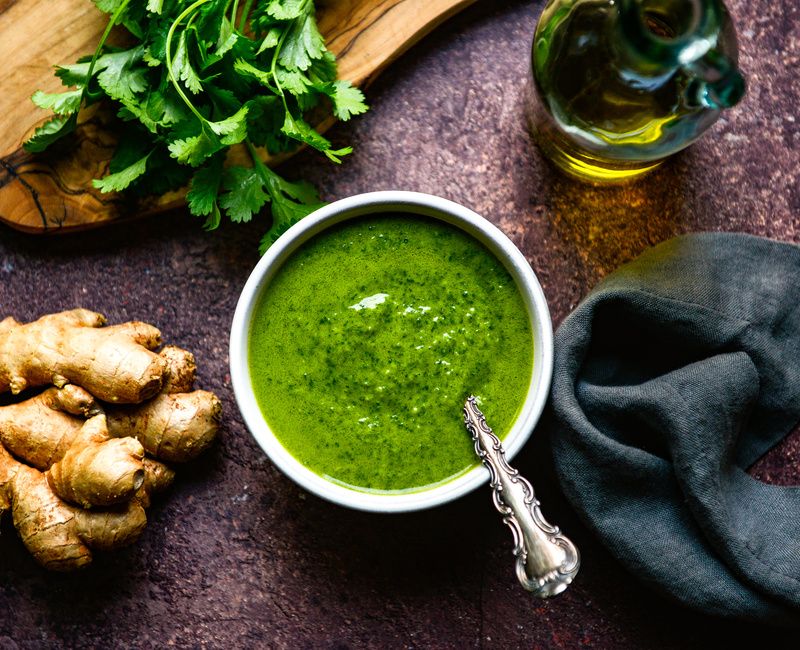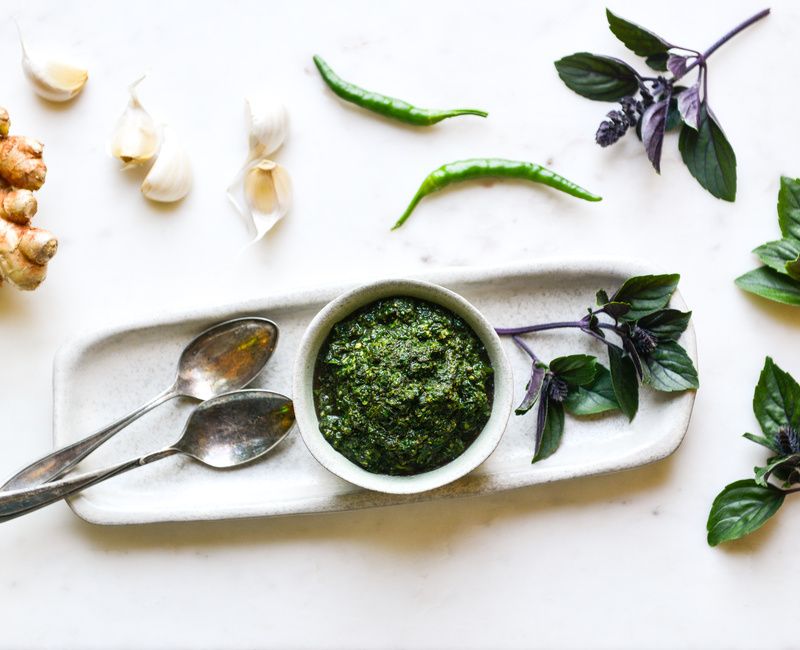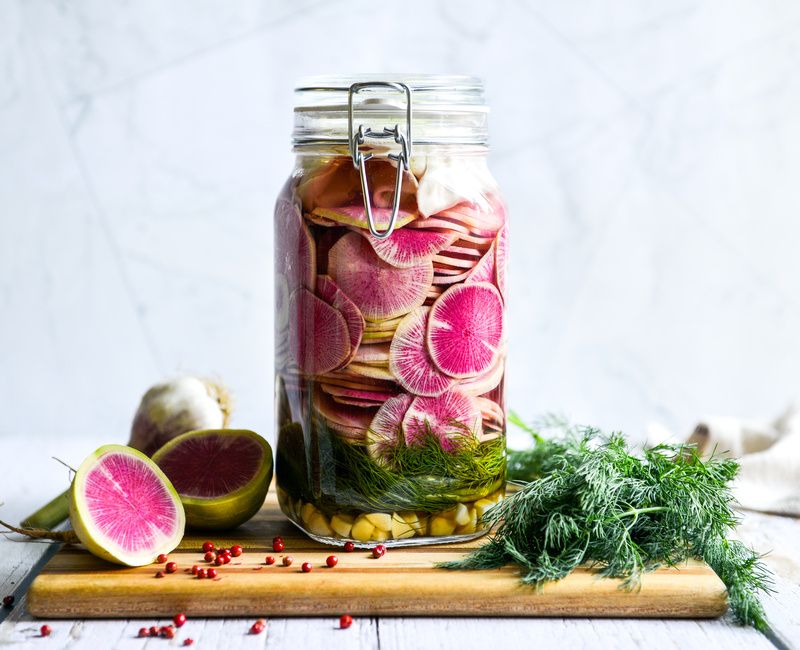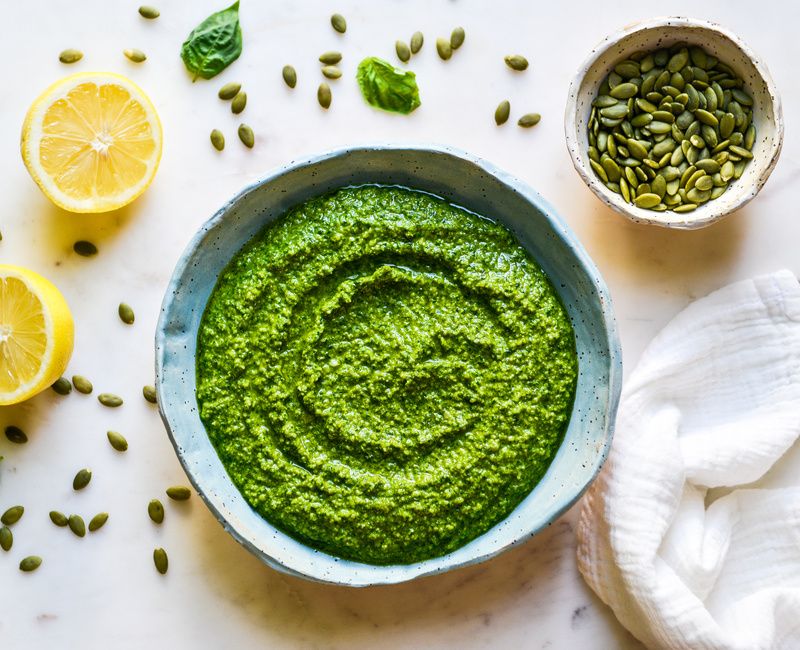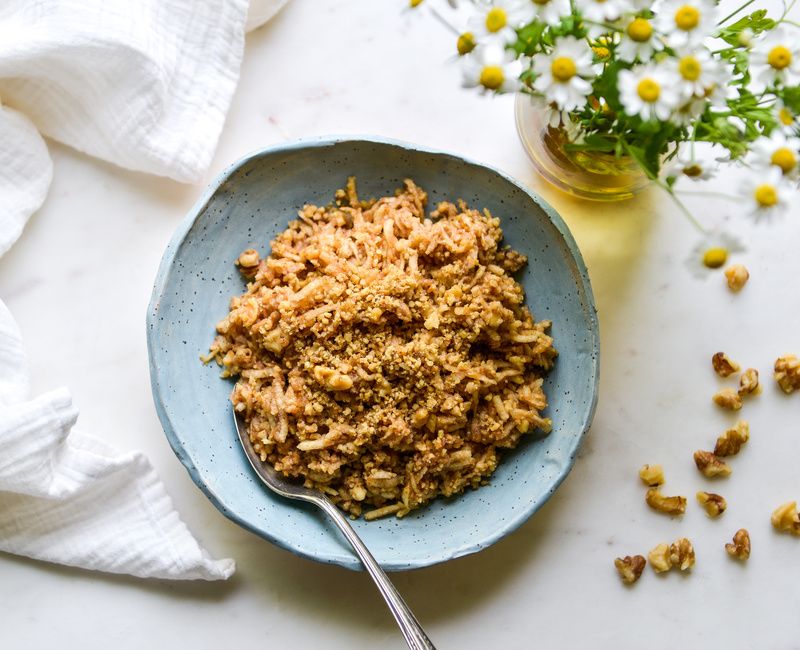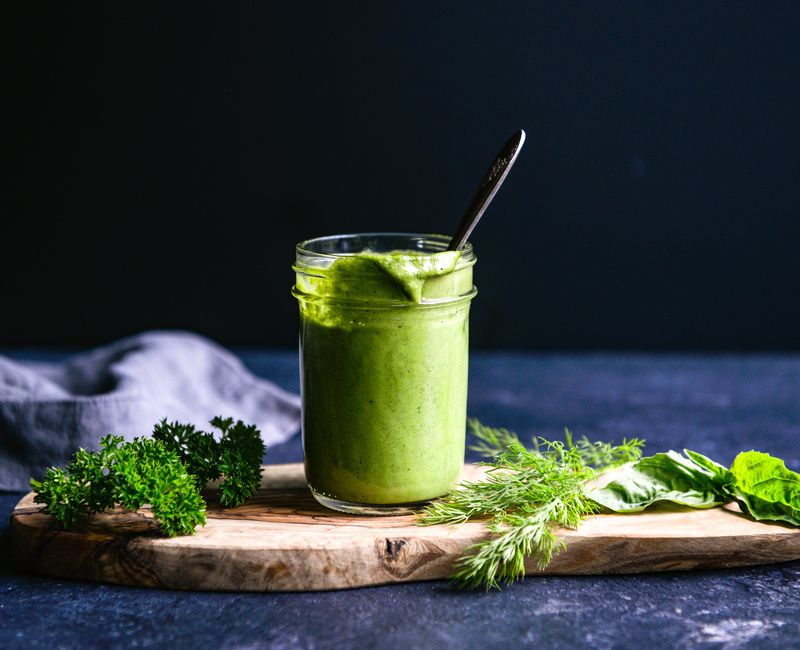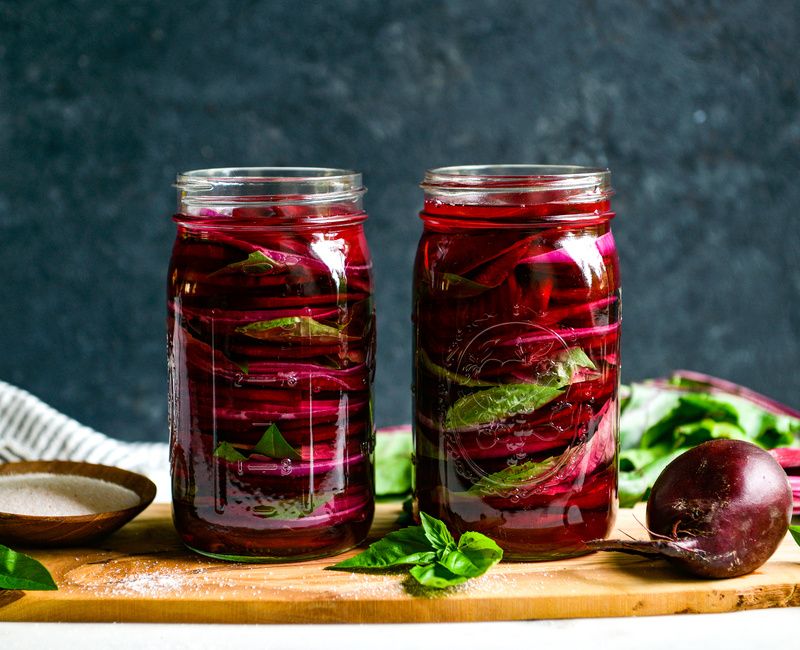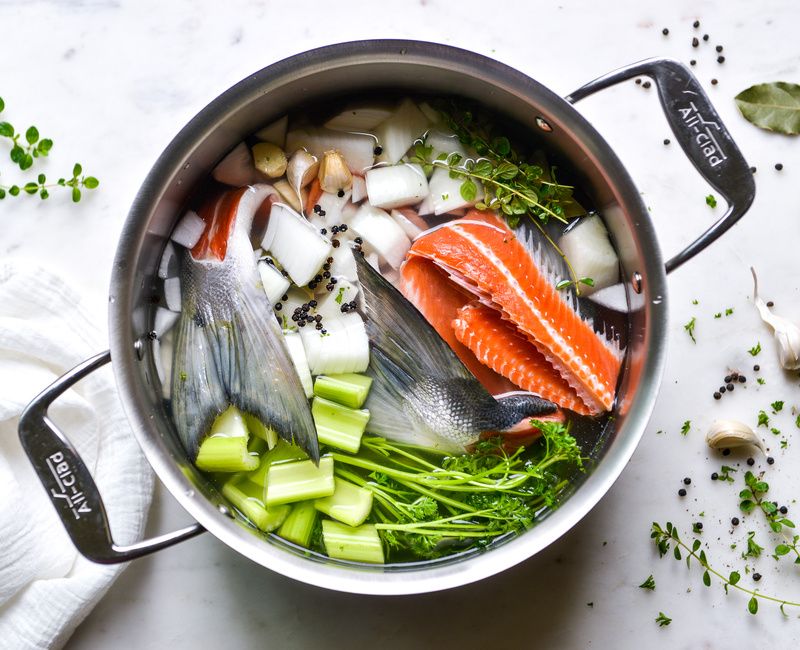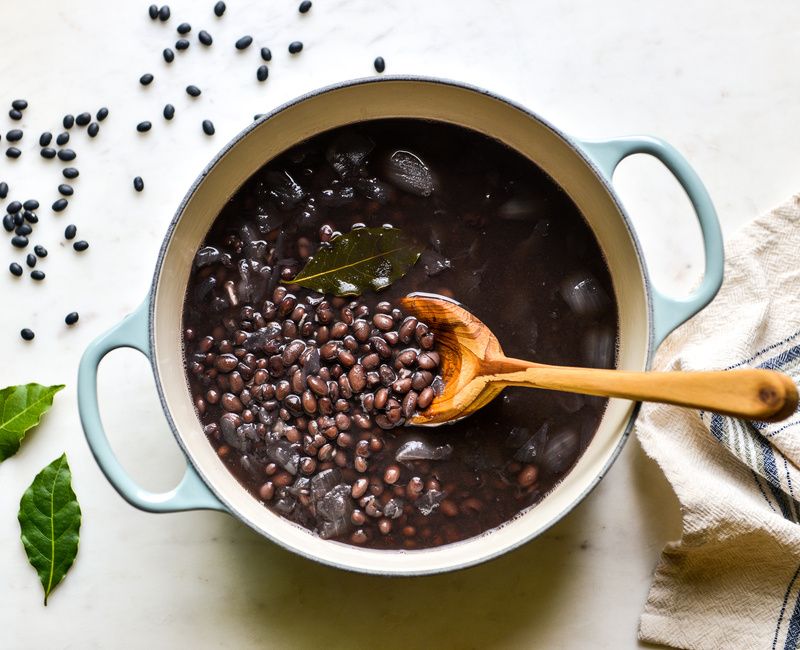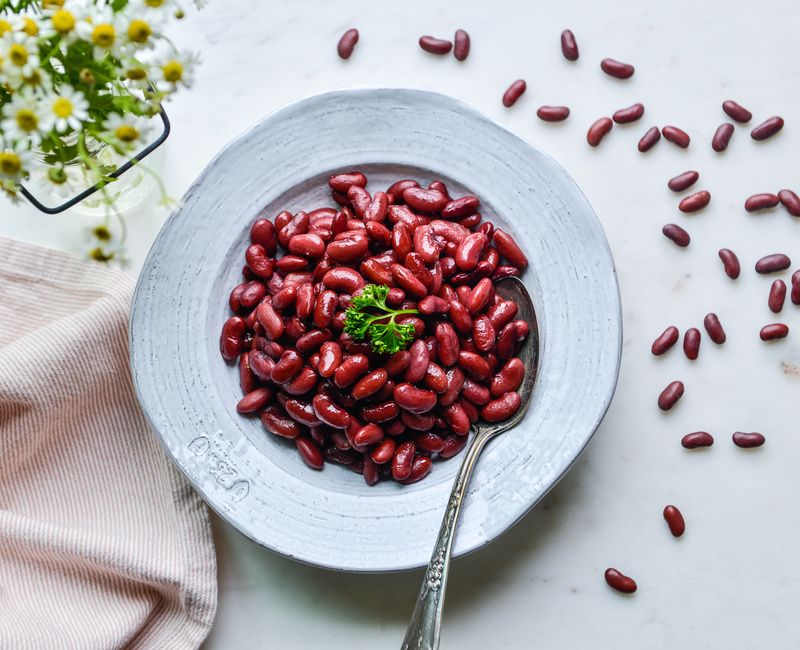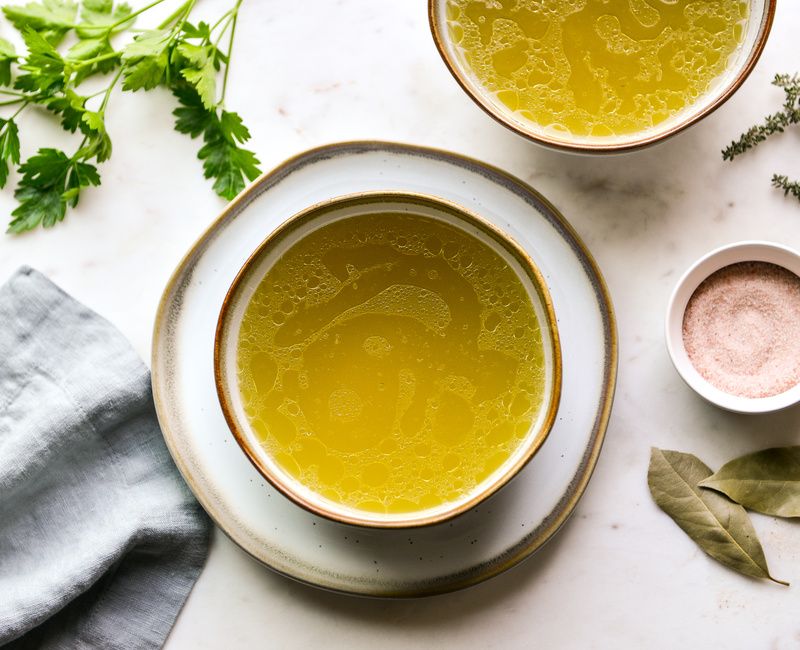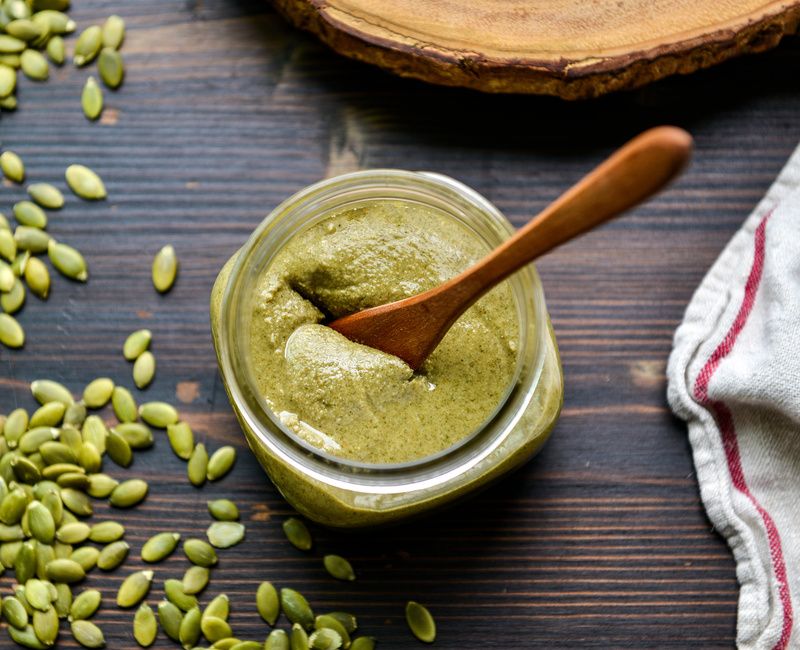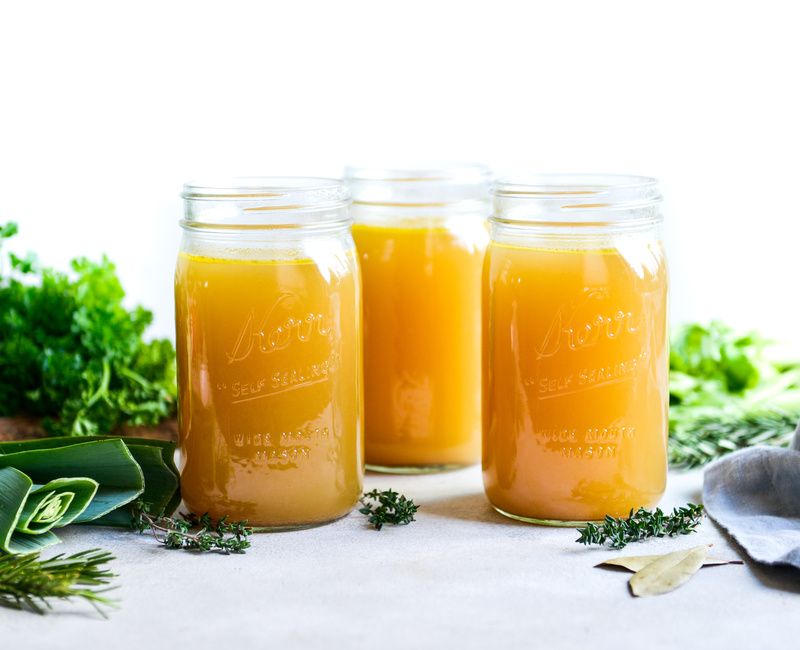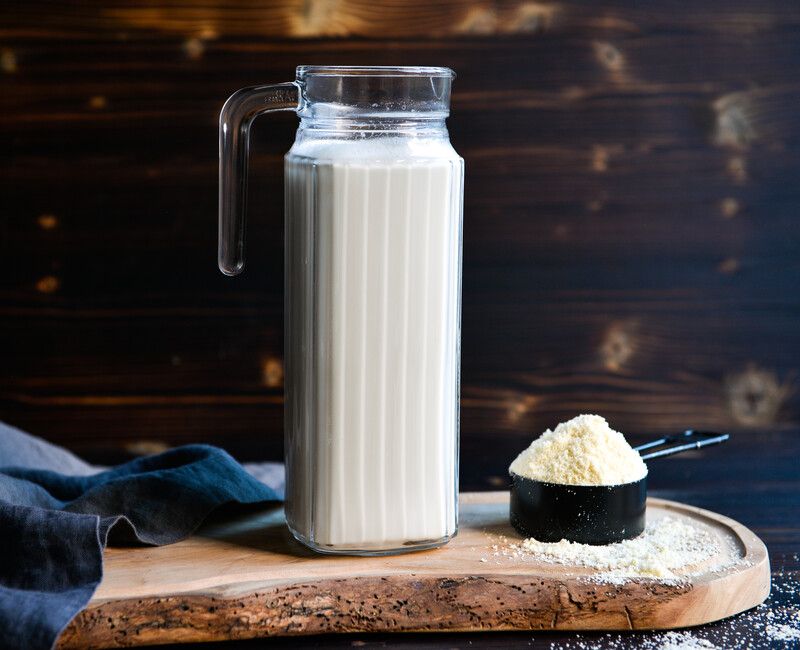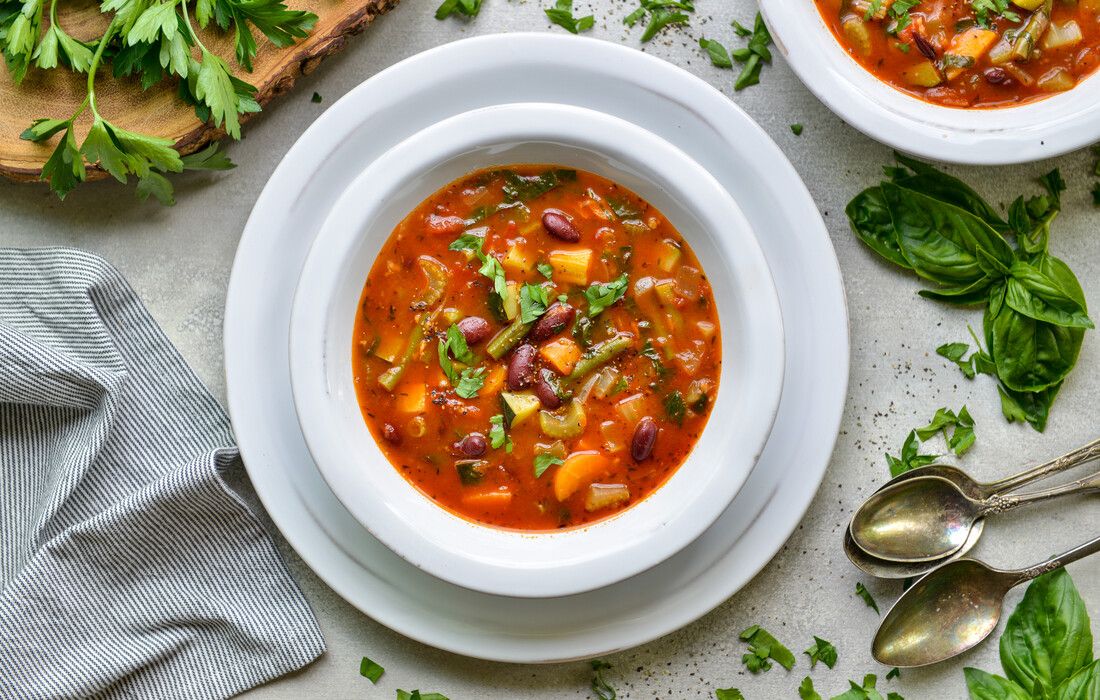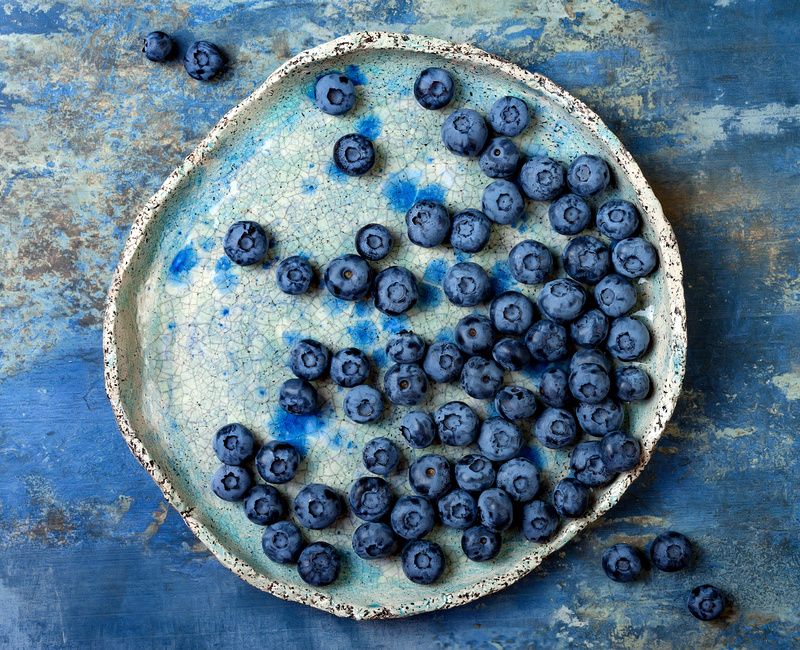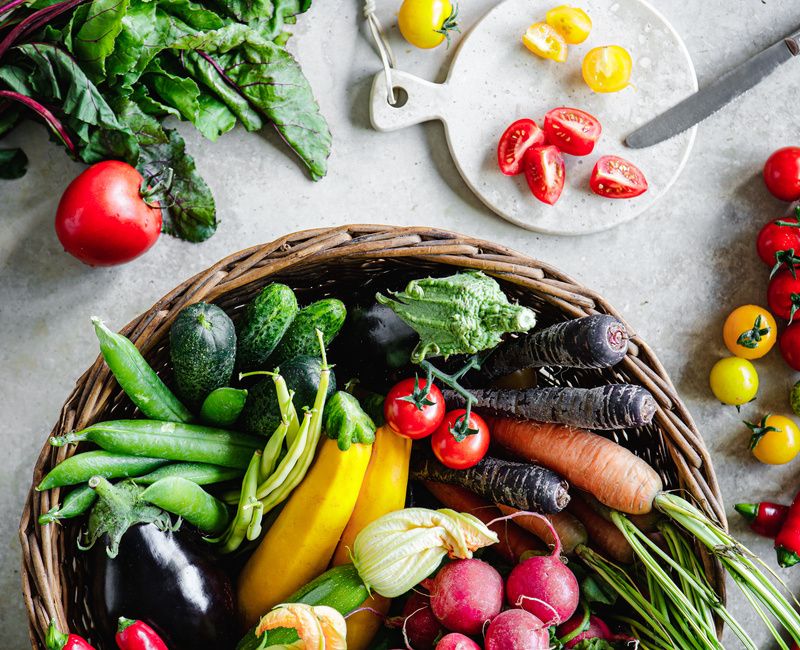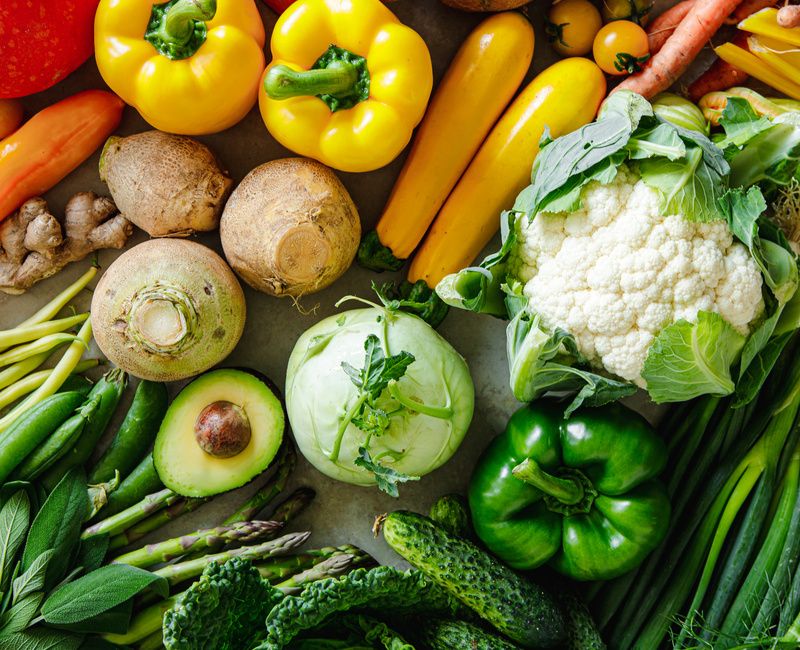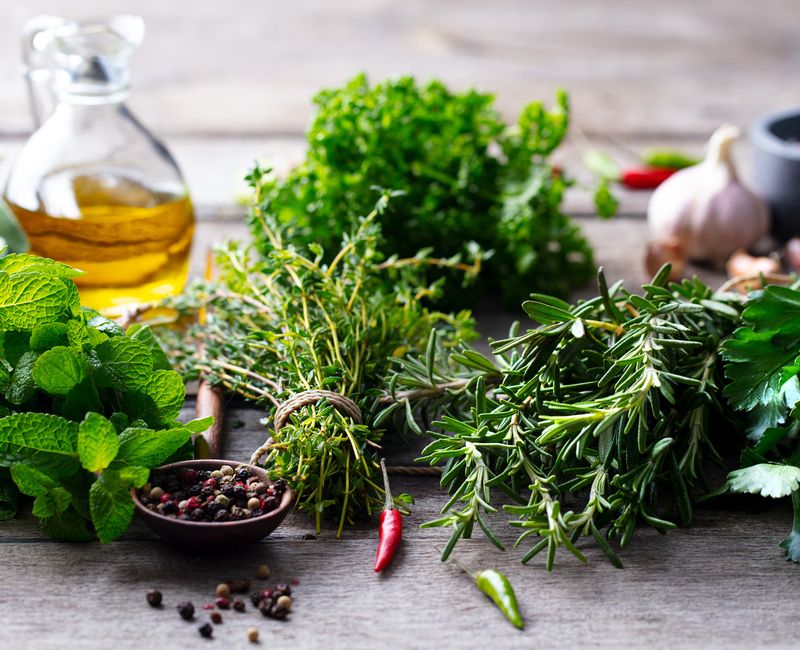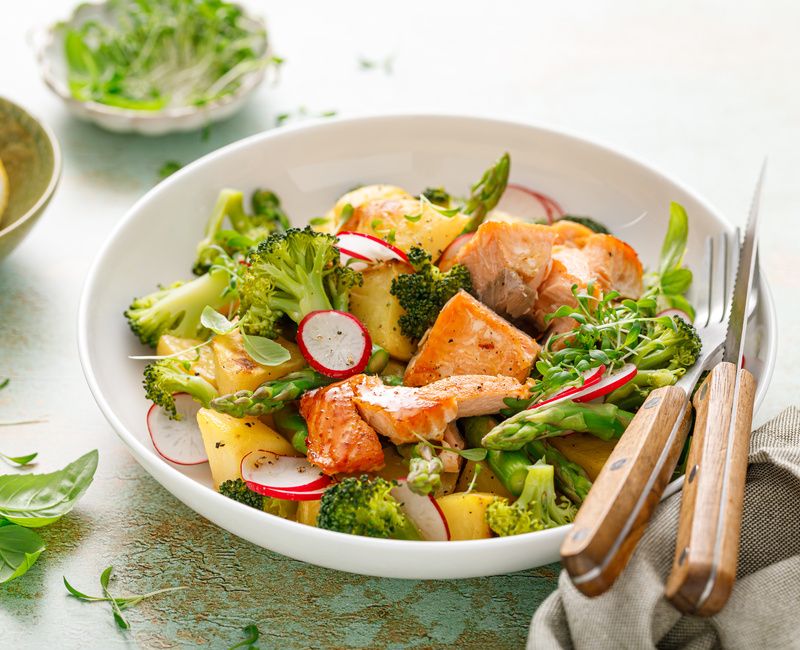Anti-Inflammatory Diet
Chronic inflammation is at the root of countless health challenges, and food is one of the most powerful influences on whether we fuel it—or calm it. Inflammation can arise when we consume pro-inflammatory ingredients like fried foods, refined oils, processed meats, and packaged snacks that burden the body with oxidative stress. It can also occur from chronically elevated blood sugar due to excess sugar and refined carbohydrates, which triggers a hormonal cascade that keeps the body in a state of internal fire. And perhaps most significantly, inflammation is often driven by hidden food sensitivities—when the immune system becomes reactive to certain foods, even seemingly healthy ones, and mounts a response that damages the gut, impairs nutrient absorption, and perpetuates systemic symptoms. An Anti-Inflammatory Diet works by removing these common triggers—sugar, processed foods, and the top inflammatory culprits like gluten, dairy, corn, and soy—while restoring the body with whole, nutrient-rich foods that turn off inflammatory pathways and initiate healing from the inside out.

Latest SIBO Specific Diet Recipes
What is the Anti-Inflammatory Diet?
The Anti-Inflammatory Diet is a therapeutic, whole foods-based plan designed to calm inflammation in the body and support deep healing. It emphasizes three core strategies: removing highly processed foods, balancing blood sugar levels, and eliminating common food triggers known to activate immune responses.
By shifting away from foods that promote inflammation—such as refined sugar, gluten, dairy, corn, soy, alcohol, and processed meats—and replacing them with vibrant, anti-inflammatory ingredients, this diet becomes a powerful tool for resetting your health and restoring energy.
Every time you eat, you send messages to your genes. You either activate inflammatory pathways or turn them down. This food plan invites you to make daily choices that bathe your body in nutrients shown to lower inflammation—like turmeric, green tea, berries, leafy greens, ginger, and wild salmon—turning every bite into an opportunity for healing.
Who is the Anti-Inflammatory Diet For?
This diet is ideal for anyone experiencing symptoms of chronic inflammation—whether they’re obvious or subtle. It’s especially helpful if you're struggling with fatigue, joint pain, an inability to naturally release excess weight, brain fog, skin issues, or persistent aches that seem to have no clear cause.
It’s also a foundational approach for individuals navigating autoimmune conditions, hormonal imbalances, blood sugar dysregulation, or early signs of cognitive decline. Many people use it as a starting place before transitioning into a more targeted elimination or healing protocol.
If you’re ready to uncover how food may be fueling inflammation and want to experience more energy, clarity, and ease in your body, the Anti-Inflammatory Diet is a beautiful first step.
Common symptoms and conditions that may benefit include:
-
Chronic pain or joint pain
-
Fatigue and sluggishness
-
Brain fog or memory issues
-
Hormonal imbalances
-
Headaches or migraines
-
Leaky gut and digestive issues
-
Acne or chronic skin conditions
-
Blood sugar instability
-
ADD/ADHD or autism spectrum support
-
Sleep disturbances
-
Weight loss resistance or obesity
How the Anti-Inflammatory Diet Works:
The Anti-Inflammatory Diet works by reducing your body’s exposure to inflammatory foods and replacing them with nutrient-dense, healing options. For best results, follow this way of eating for a minimum of 6 to 12 weeks. This gives your immune system time to calm, allows your gut to begin rebalancing, supports gradual nutrient repletion, and helps your body become revitalized.
After this initial period, you can slowly reintroduce the foods you eliminated to see how your body responds. This contrast offers powerful insight—and can guide you toward more informed, supportive food choices going forward.
This diet focuses on:
-
Eliminating foods known to irritate the gut or activate the immune system, such as gluten, dairy, corn, soy, pork, sugar, alcohol, and processed foods.
-
Balancing blood sugar through whole food carbohydrates, proteins, and healthy fats to reduce spikes that can promote inflammation.
-
Nourishing the body with anti-inflammatory nutrients found in brightly colored vegetables, omega-3-rich fish, green tea, fresh herbs, and fermented foods.
These changes support immune regulation, reduce oxidative stress, improve digestion, and allow tissues to repair and rebuild over time.
Foods to Eat on the Anti-Inflammatory Diet:
-
All vegetables (except corn)
-
Fresh or frozen fruits
-
Wild or pasture-raised meats (except pork)
-
Cold-water wild-caught fish and seafood (e.g., salmon, sardines, mackerel)
-
Whole gluten-free grains (e.g., brown rice, black rice, quinoa)
-
Legumes (excluding soy)
-
Raw nuts and seeds (fresh, non-rancid)
-
Healthy oils (extra virgin olive oil, avocado oil, coconut oil)
-
Occasional use of raw honey or pure maple syrup
-
Unsweetened pomegranate or cranberry juice (small amounts)
-
Green tea and herbal teas (no added flavorings)
-
Fermented vegetables and probiotic-rich foods (if tolerated)
Foods to Avoid on the Anti-Inflammatory Diet:
-
Gluten (wheat, rye, barley, spelt)
-
Dairy (cow and goat milk and their products)
-
Soy (tofu, tempeh, edamame, soy milk, soy protein)
-
Corn (including masa harina, cornmeal, popcorn, corn syrup)
-
Pork (including bacon and processed pork products)
-
Refined sugar and high-glycemic sweeteners
-
Alcohol (all types)
-
Processed foods (including store-bought gluten-free snacks)
-
Processed meats (sausages, salami, deli meats)
-
Rancid oils (found in roasted nuts, old cooking oils, and aged seeds)
Beneficial Supplements to Support the Anti-Inflammatory Diet:
- Digestive enzymes (taken with the first bite of every meal)
- Curcumin (turmeric)
- Green tea extract
- Boswellia
- Ginger extract
- Resveratrol
- Vitamin E
- Vitamin C
- DHA/EPA purified fish oil
- Glutathione
- Red polyphenol powder
Benefits of the Anti-Inflammatory Diet:
When you remove the foods that create hidden stress in the body and begin to nourish yourself with what truly supports healing, something profound happens. The fog begins to lift. Energy returns. Pain begins to ease. This diet is not about deprivation—it’s about reclaiming your vitality and giving your body the conditions it needs to thrive.
The benefits extend far beyond symptom relief. By turning off inflammatory pathways and restoring immune balance, you create a foundation for lifelong wellness, hormone harmony, and even emotional resilience.
-
Reduced chronic pain and joint stiffness
-
Improved energy and reduced fatigue
-
Calmer digestion and reduced bloating
-
Clearer skin and fewer breakouts
-
More balanced moods and focus
-
Better blood sugar regulation
-
Improved sleep and mental clarity
-
Support for long-term disease prevention
-
A gentle pathway into deeper healing diets like the Full Elimination Diet or AIP
Challenges and Drawbacks:
-
Initial adjustment period: Removing processed foods, sugar, and caffeine can be uncomfortable at first. Headaches, fatigue, or cravings may arise as your body detoxifies and recalibrates.
-
Meal planning required: Success on this diet depends on preparation. You'll need to plan meals ahead and stock your kitchen with healing ingredients.
-
Social challenges: Dining out or eating at social gatherings may be more complex, especially when avoiding multiple food triggers.
-
Emotional attachments to food: As you let go of inflammatory comfort foods, emotional cravings may surface, inviting deeper healing.
But take heart—these challenges are temporary. With support, guidance, and a meal planning system like Nourishing Meals®, you’ll gain confidence and discover how joyful and satisfying anti-inflammatory eating can truly be.
How to Start the Anti-Inflammatory Diet:
-
Become a Nourishing Meals® Member and get instant access to over 1,800 anti-inflammatory recipes, customizable meal plans, and time-saving tools.
-
Customize your dietary profile: Choose “Anti-Inflammatory Diet” and add any additional food allergies or sensitivities you want to avoid.
-
Explore healing recipes: Add recipes to your weekly meal planner and create an auto-generated grocery list in minutes.
-
Clean out your pantry: Remove inflammatory ingredients like old oils, packaged snacks, and processed condiments.
-
Restock with nourishing staples: Fill your pantry with black rice, lentils, chickpeas, nut butters, organic tomato paste, and cold-pressed oils. Keep your fridge stocked with leafy greens, organic produce, pastured meats, and fresh herbs. Fill your freezer with wild-caught fish and frozen organic berries.
-
Join our community: Connect with others in our Nourishing Meals® Community Facebook Group to ask questions, share ideas, and get support.
Your Invitation
When inflammation has been present for a long time, your body may feel exhausted, depleted, or stuck. But healing is possible. As you begin to remove what inflames you and welcome in what nourishes you, a new version of yourself begins to emerge—one with more vitality, lightness, and ease. If you’re ready to rebalance your gut, calm inflammation, and reclaim your energy—this is your moment.
✨ Try Nourishing Meals® free for 7 days and discover how simple—and deeply healing—it can be to follow a therapeutic diet that supports your whole-body vitality.
| Plan | Length | Actions |
|---|---|---|
Easy Fall Family Meals |
8 days | Please login to view and schedule plans |
Easy Family Meals |
7 days | Please login to view and schedule plans |
Anti-Inflammatory Dinners Week 2 |
7 days | Please login to view and schedule plans |
Anti-Inflammatory Snacks |
1 day | Please login to view and schedule plans |
Anti-Inflammatory Breakfasts |
7 days | Please login to view and schedule plans |
Anti-Inflammatory Dinners Week 1 |
7 days | Please login to view and schedule plans |
Spring Detox Dinners |
11 days | Please login to view and schedule plans |
Anti-Inflammatory Thanksgiving |
1 day | Please login to view and schedule plans |
Super Quick Anti-Inflammatory Dinners |
7 days | Please login to view and schedule plans |
Anti-Inflammatory Fall Meals |
14 days | Please login to view and schedule plans |
Meal Prep Detox Recipes |
1 day | Please login to view and schedule plans |
Fall Detox Diet Dinners-1 |
7 days | Please login to view and schedule plans |
Quick and Easy Anti-Inflammatory Dinners |
7 days | Please login to view and schedule plans |
Recipes for Immune Health |
0 days | Please login to view and schedule plans |
